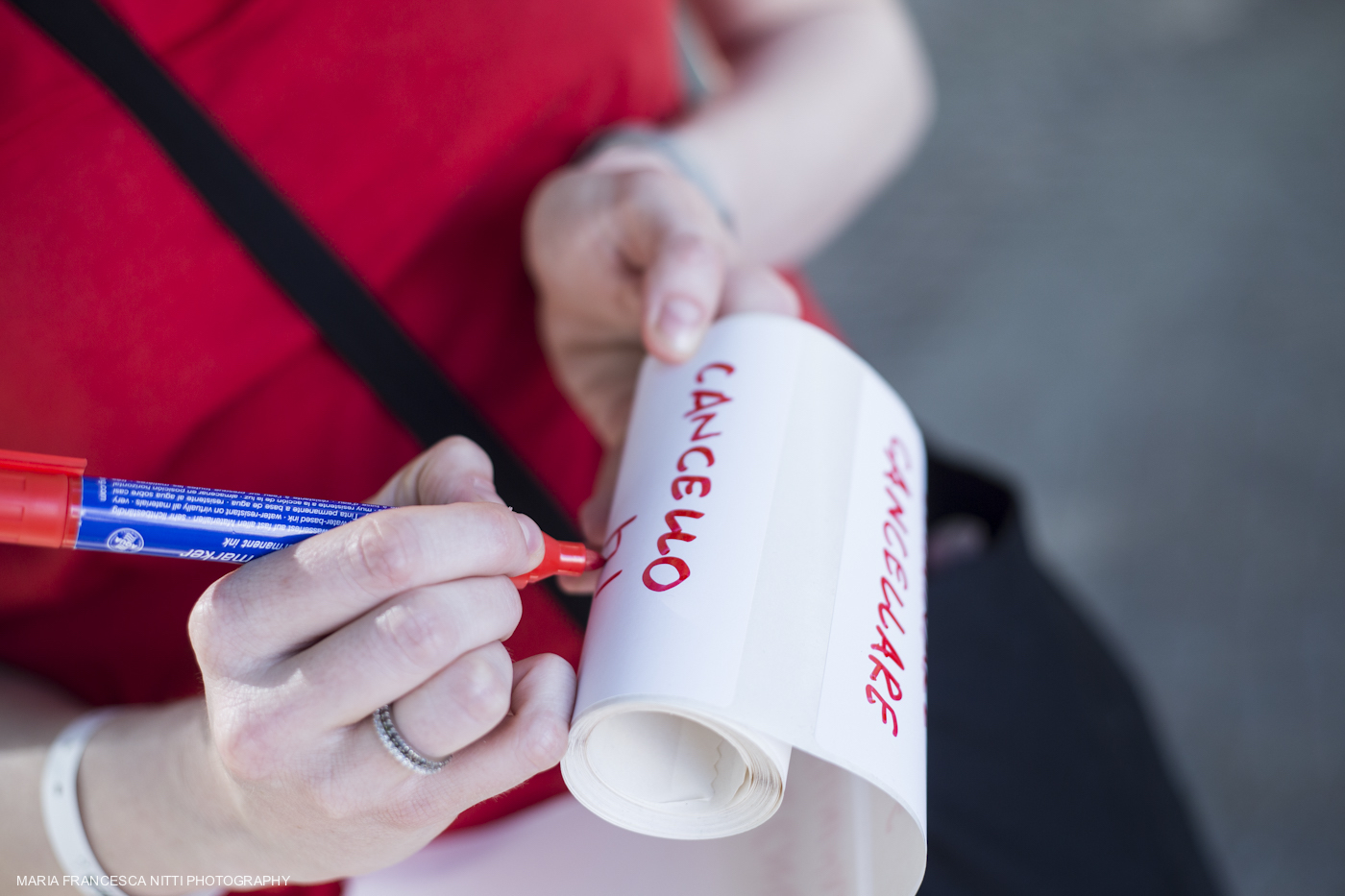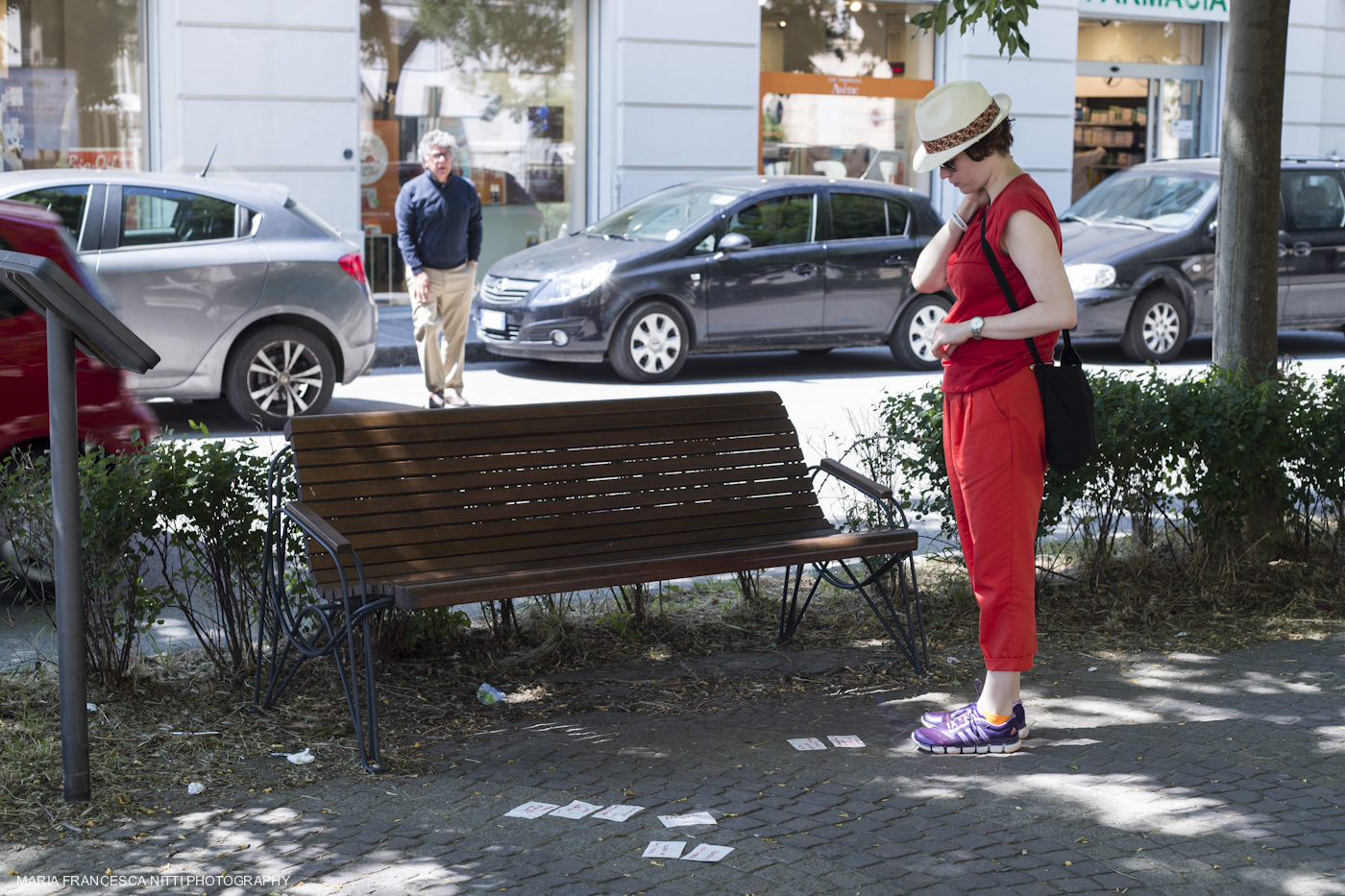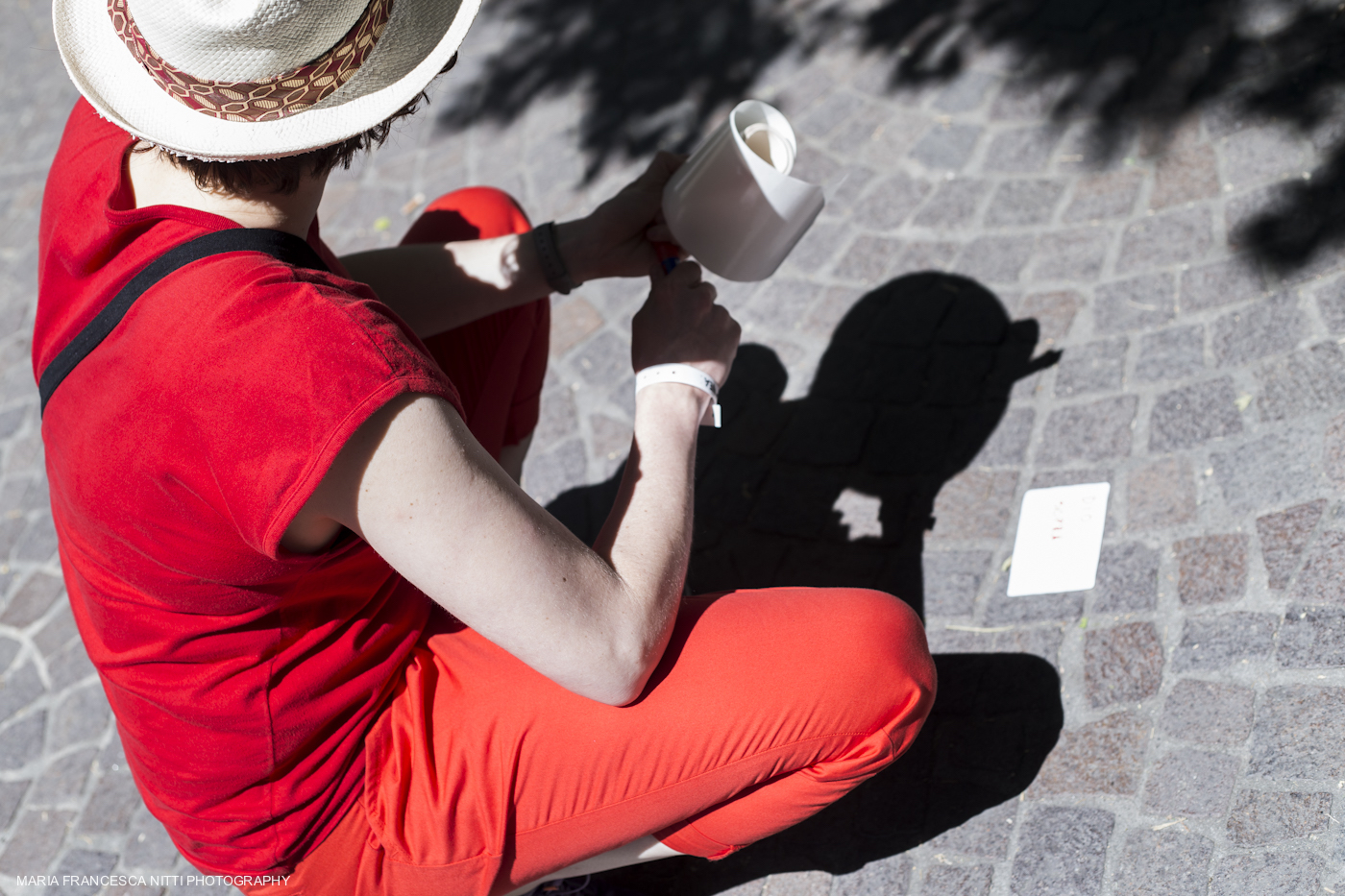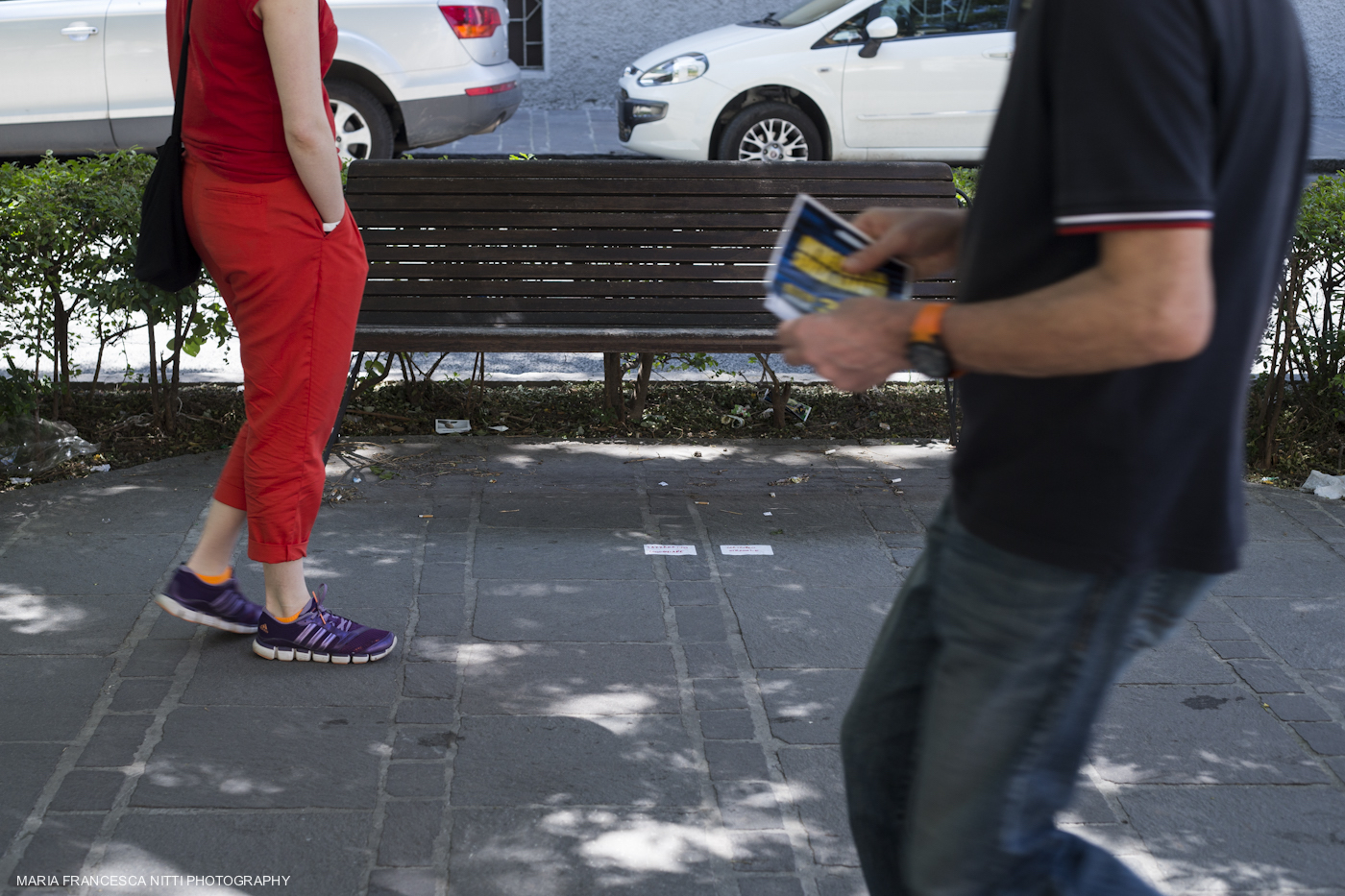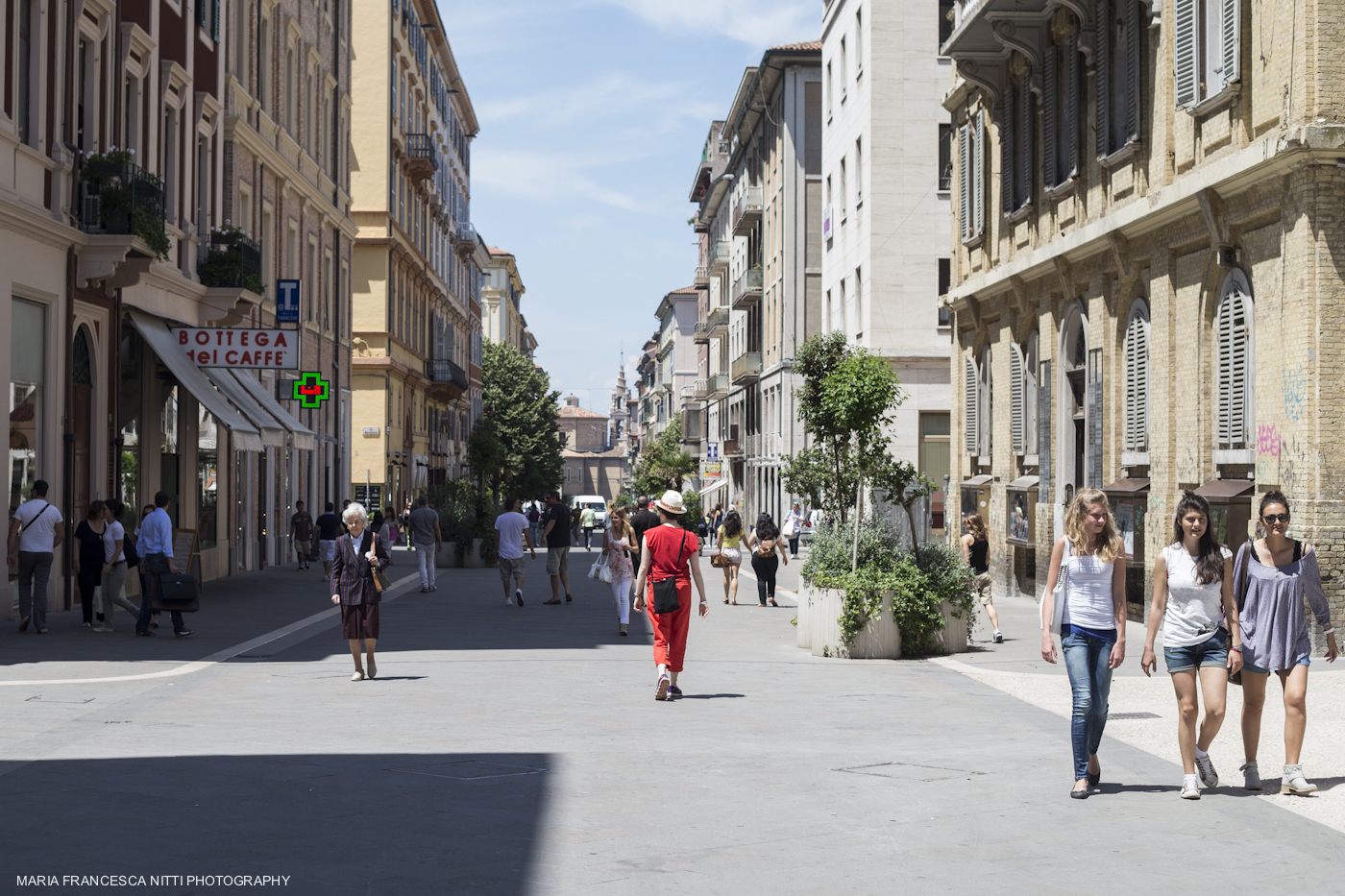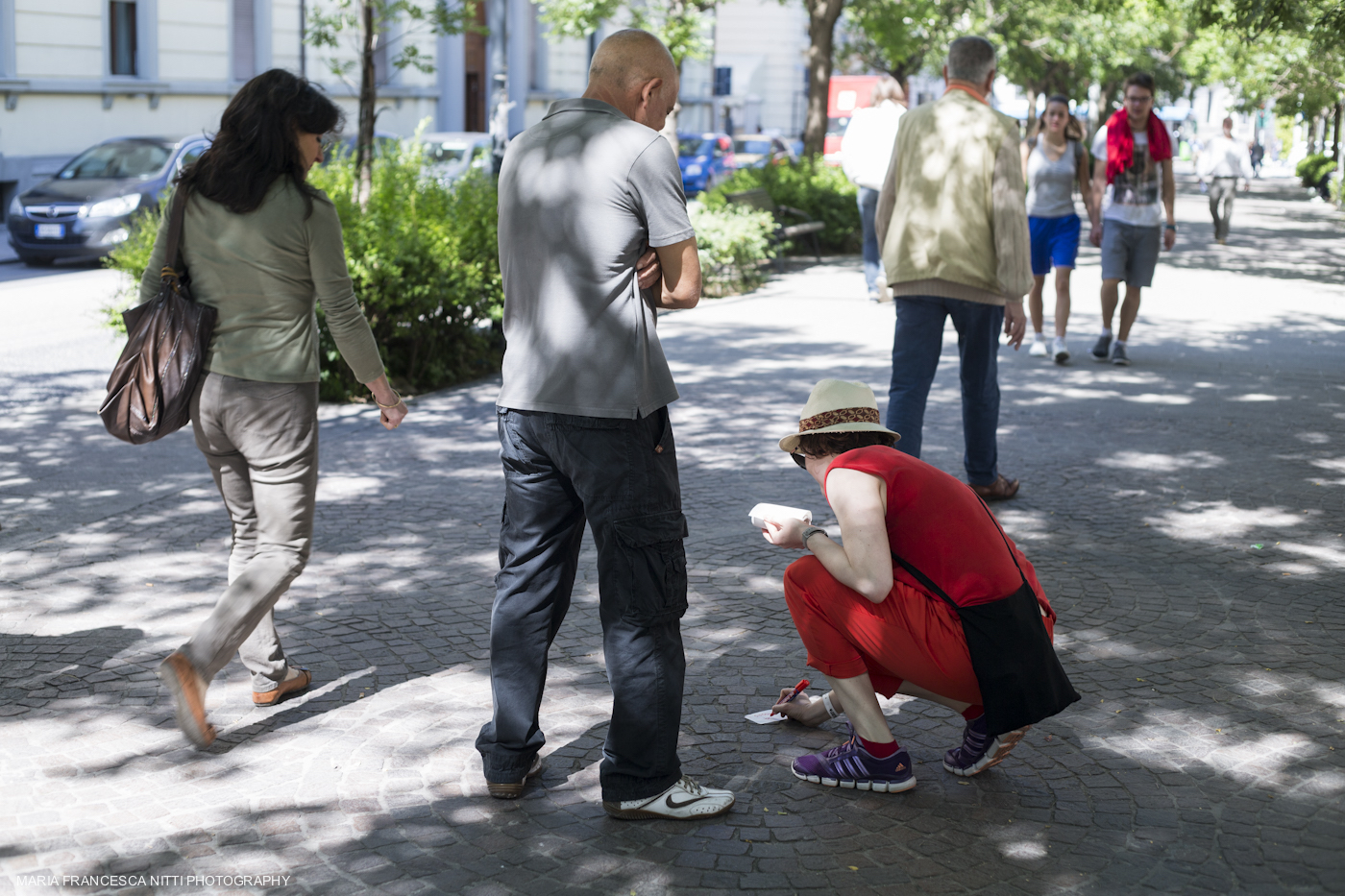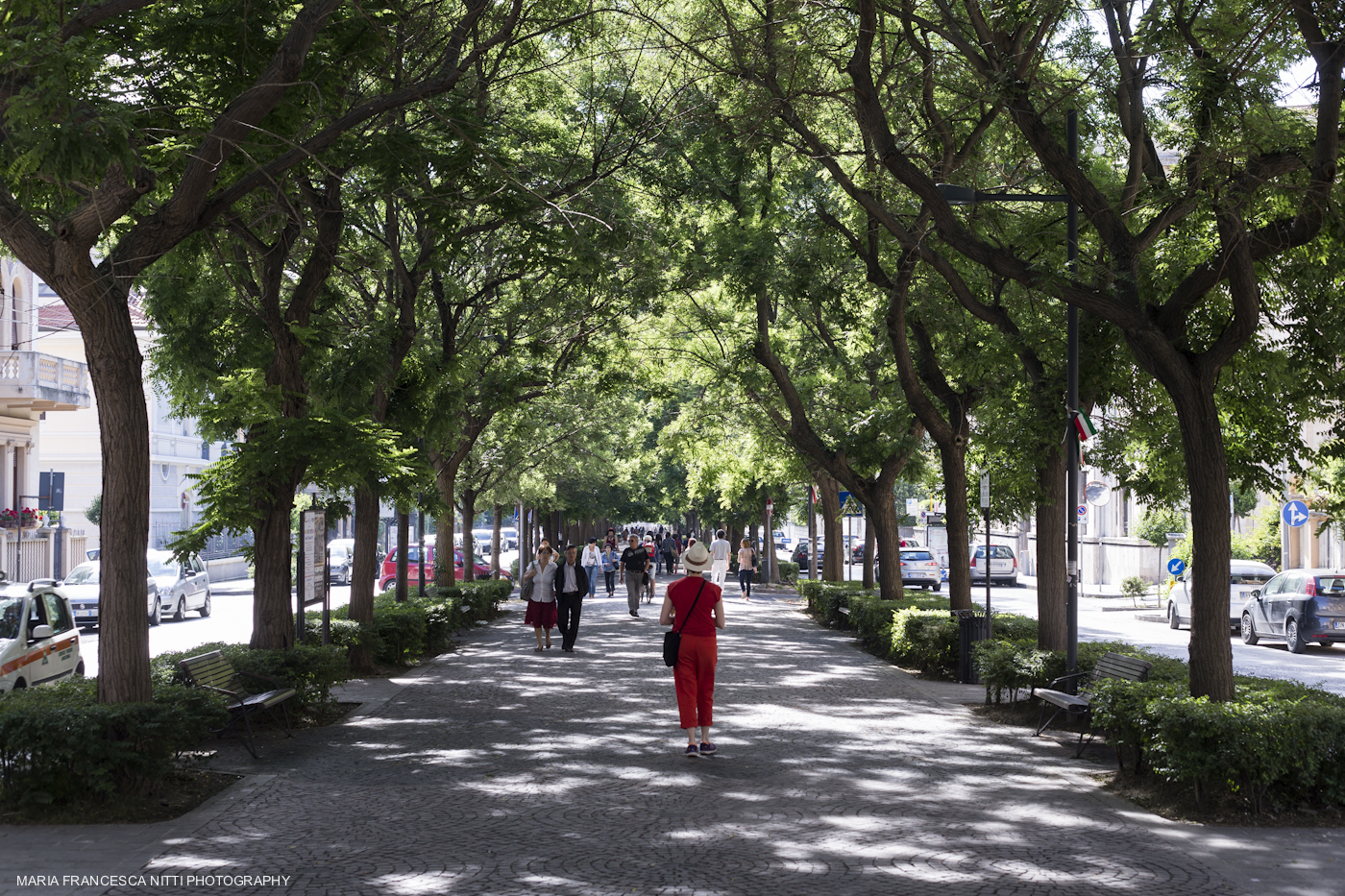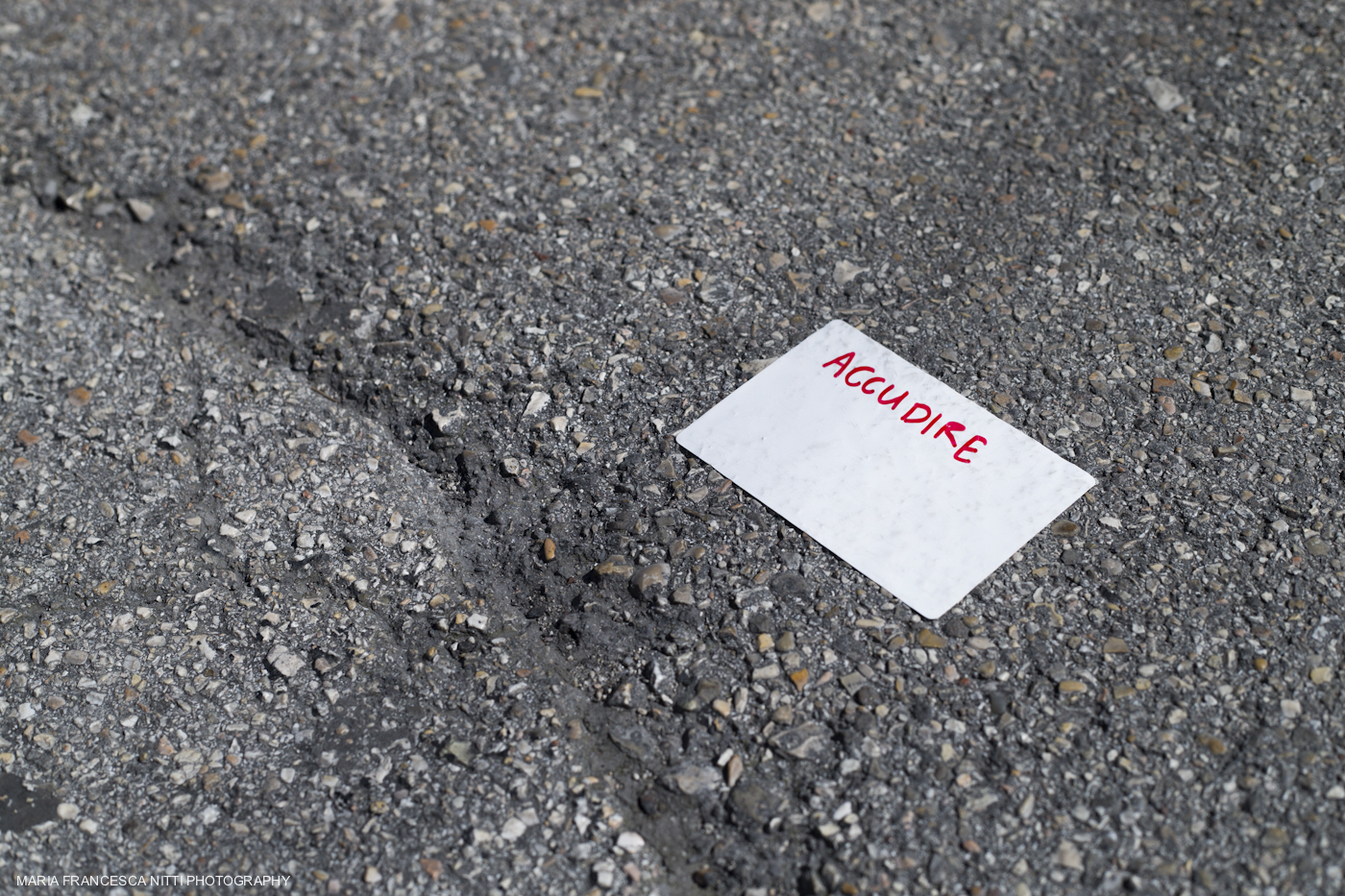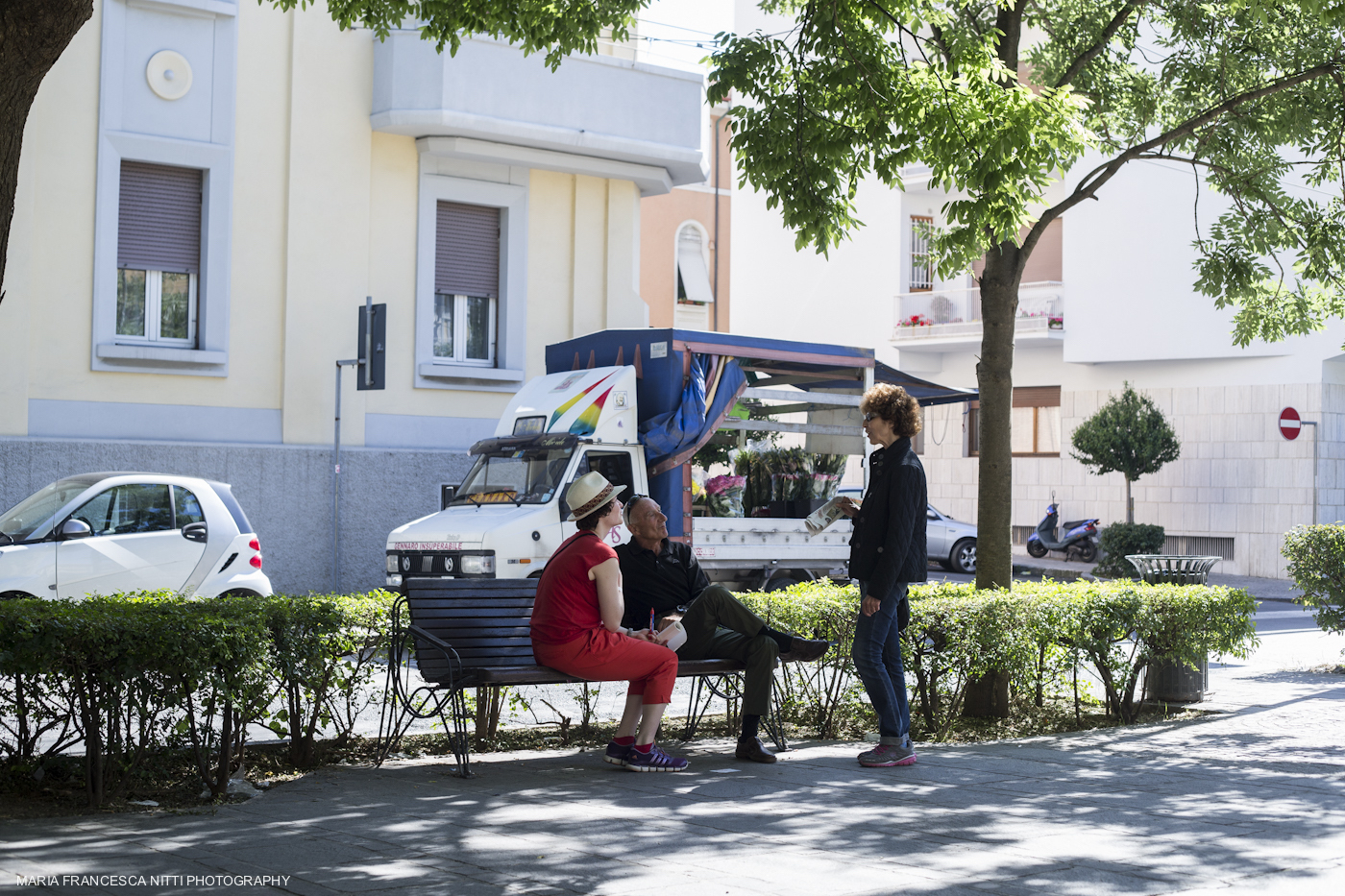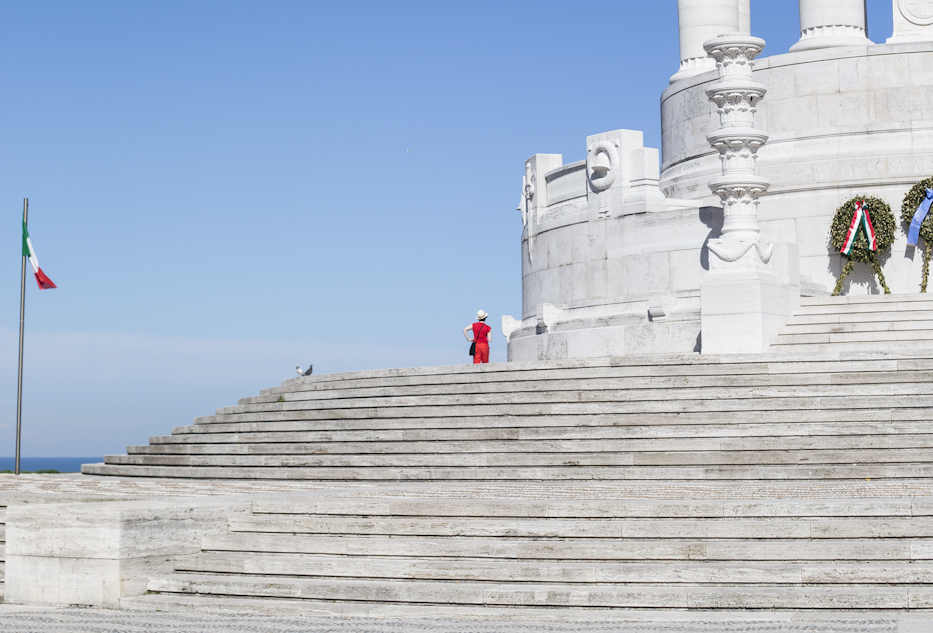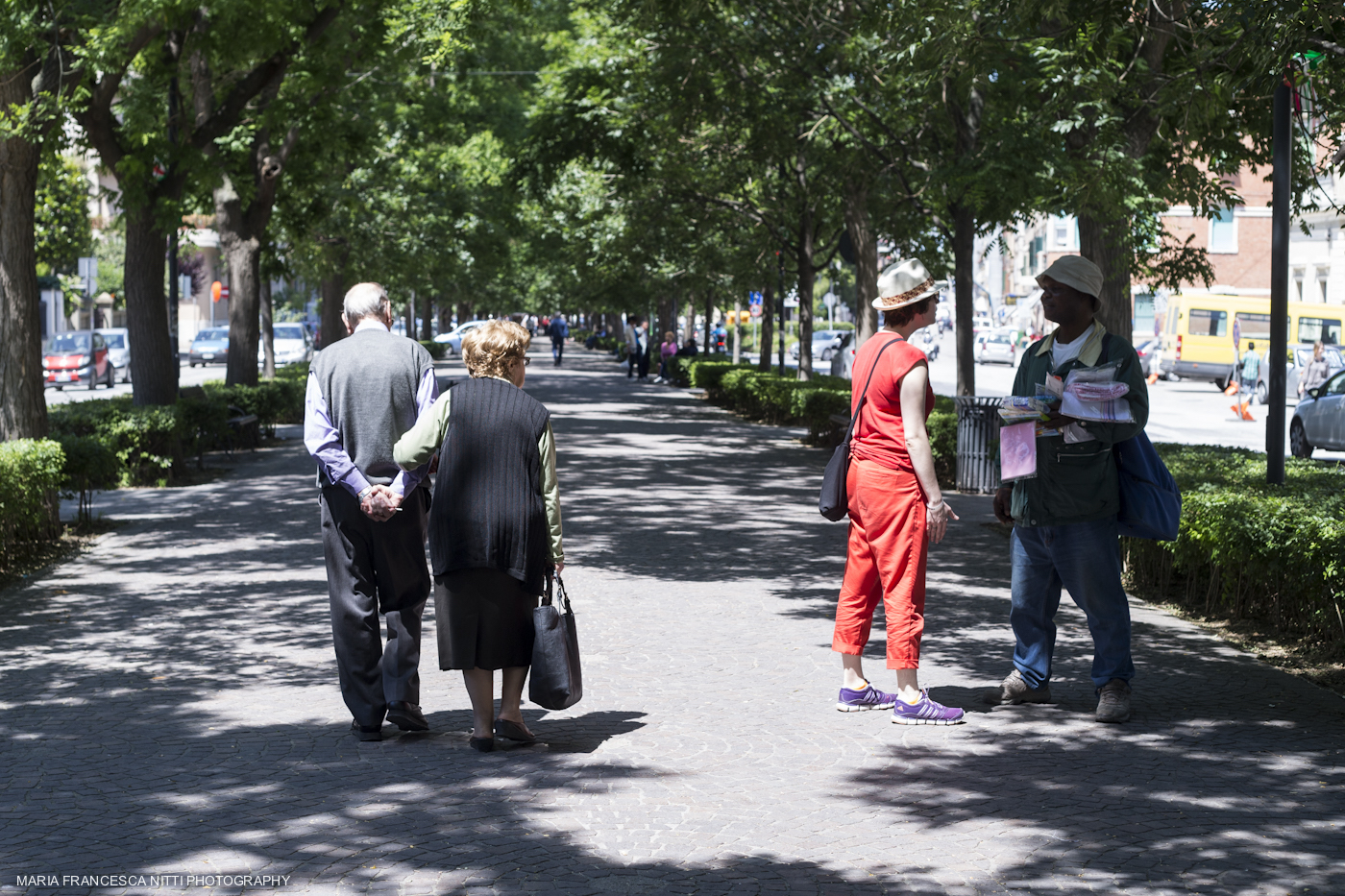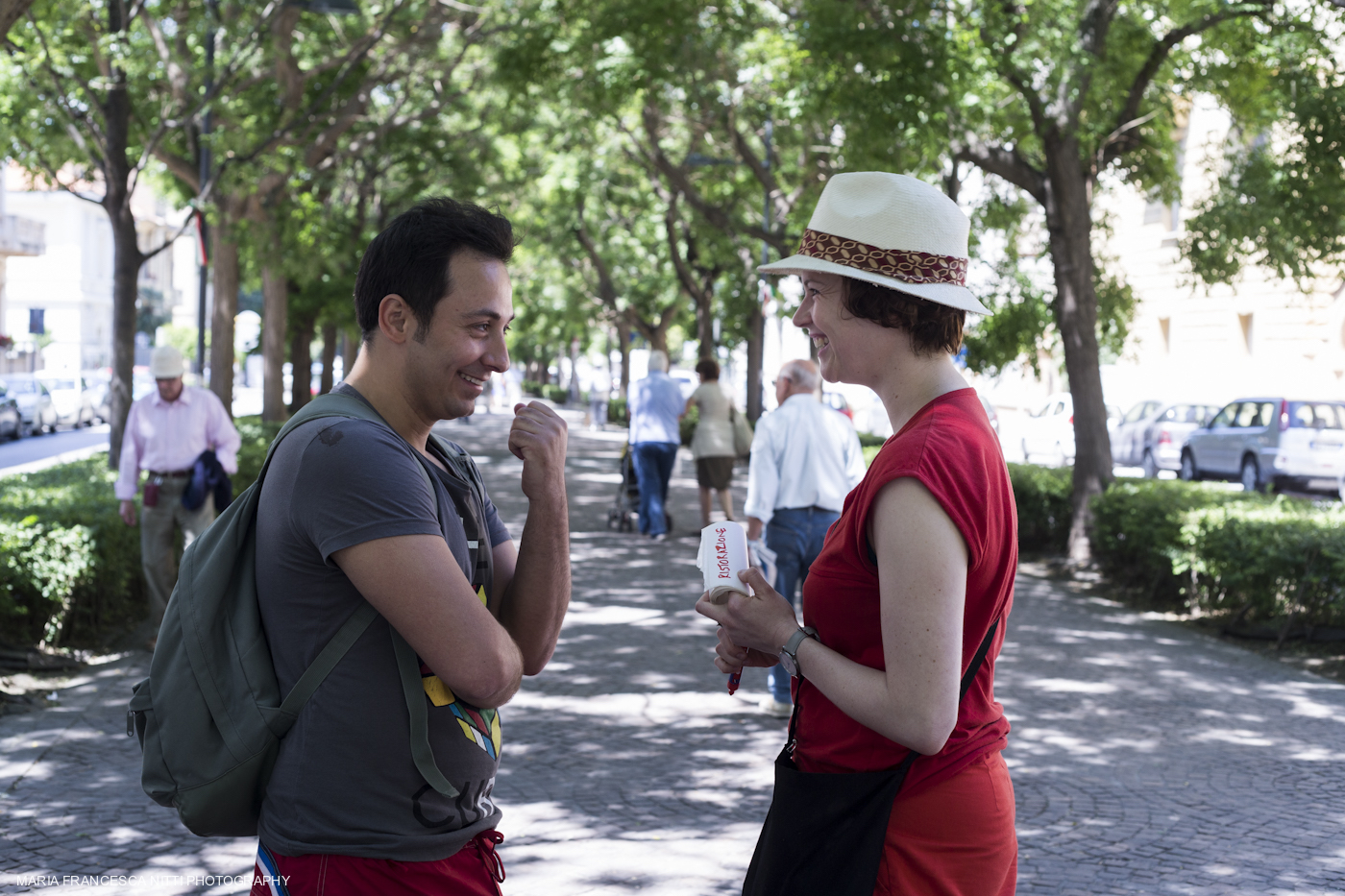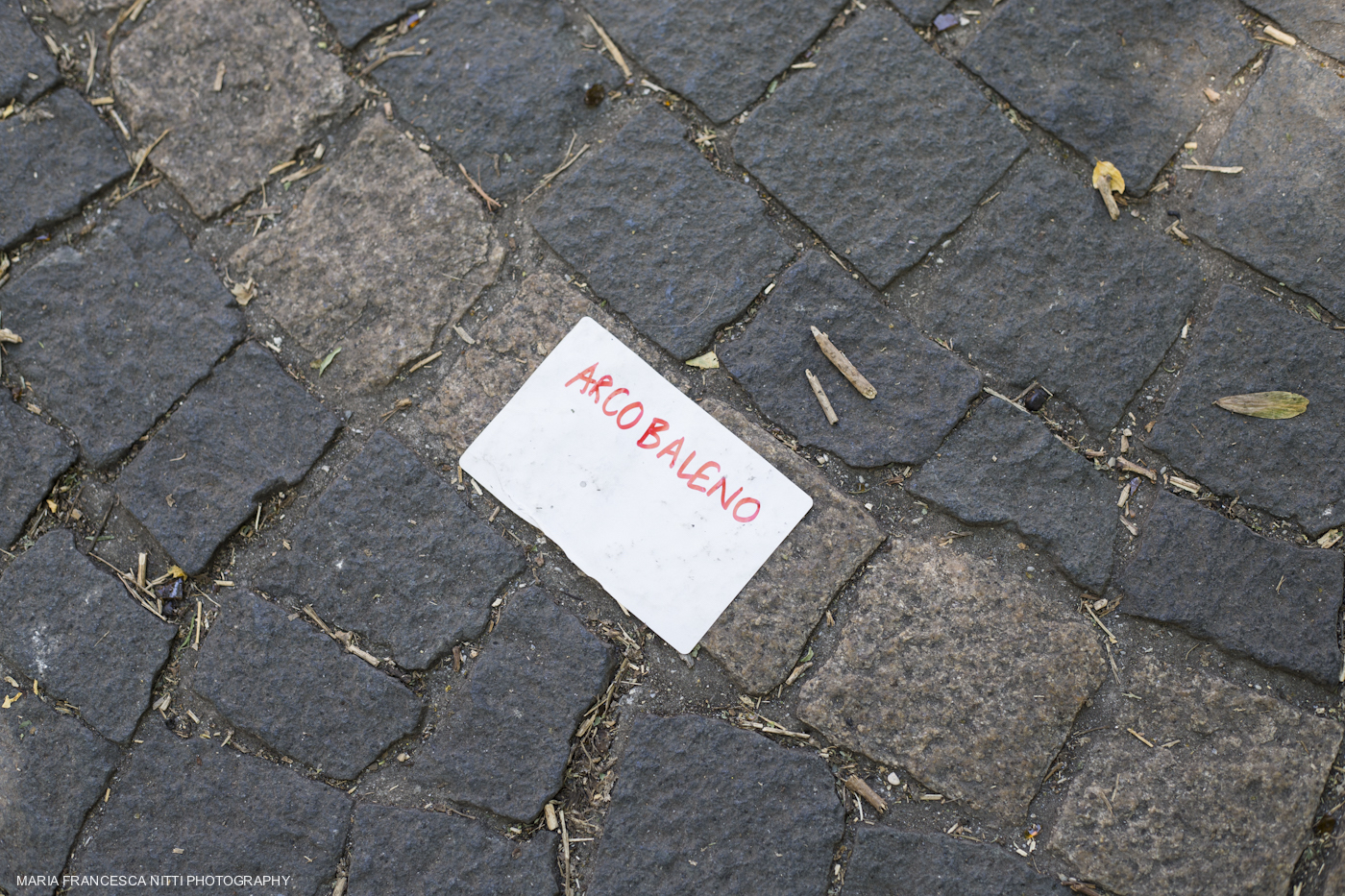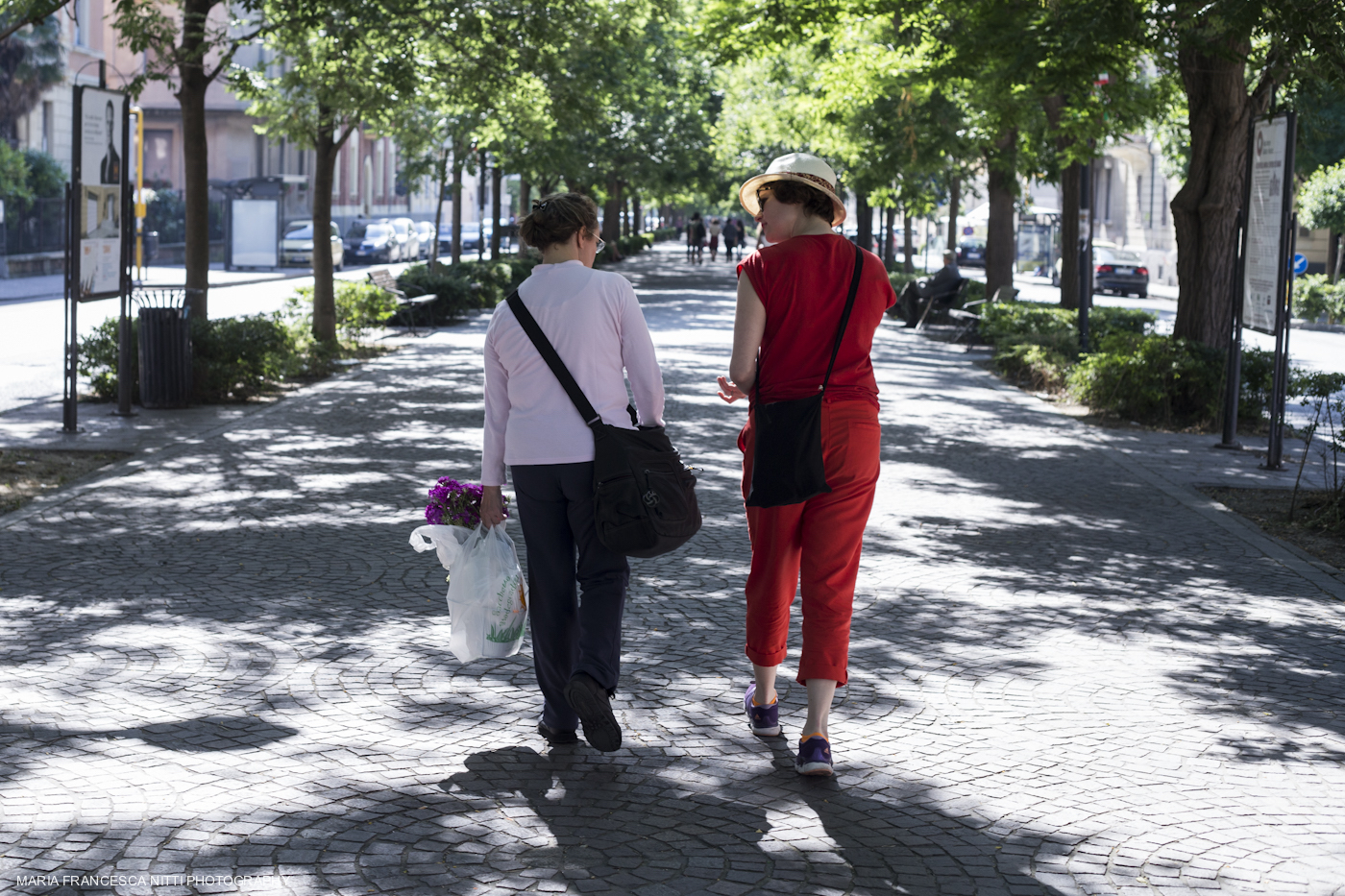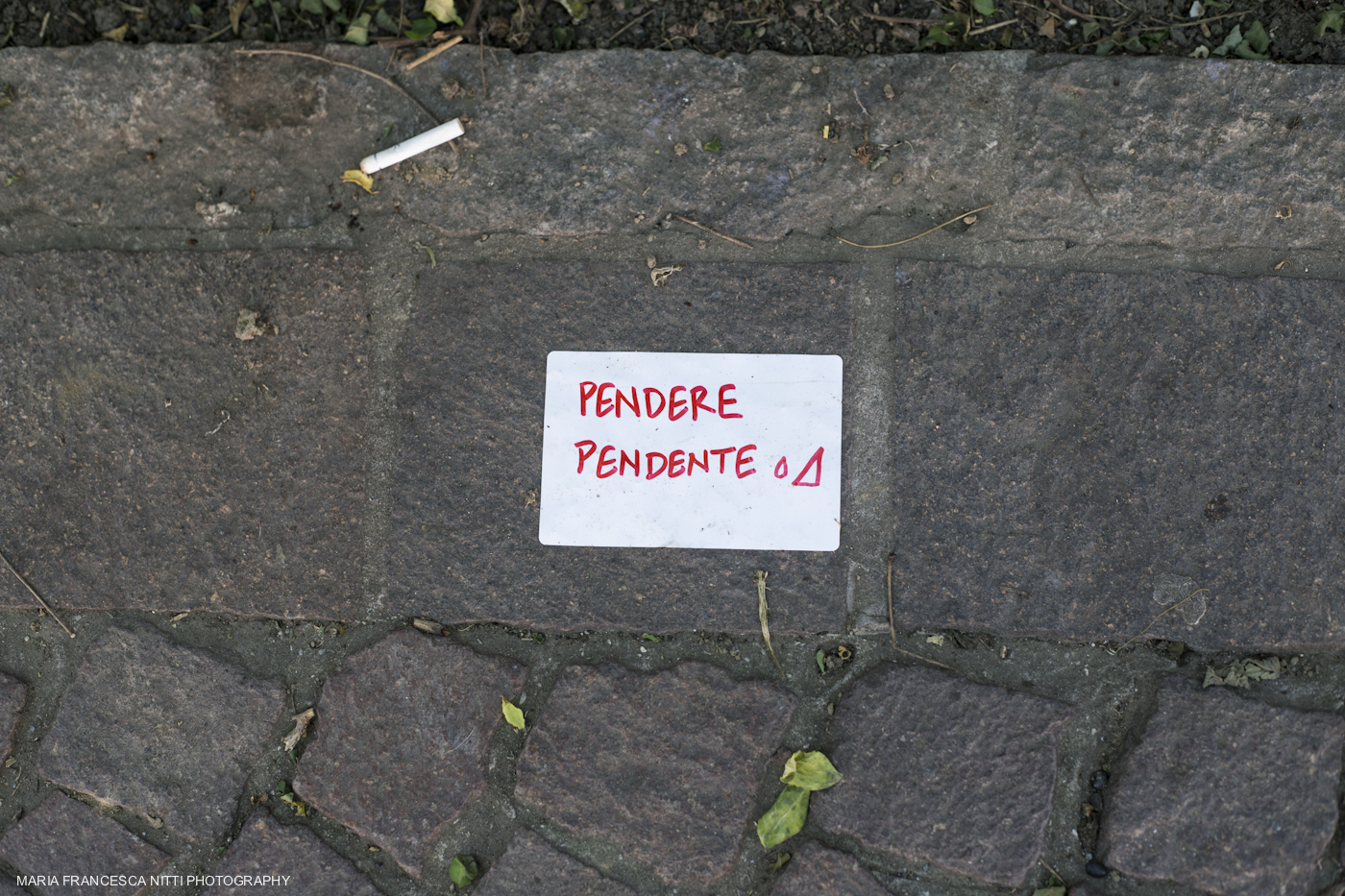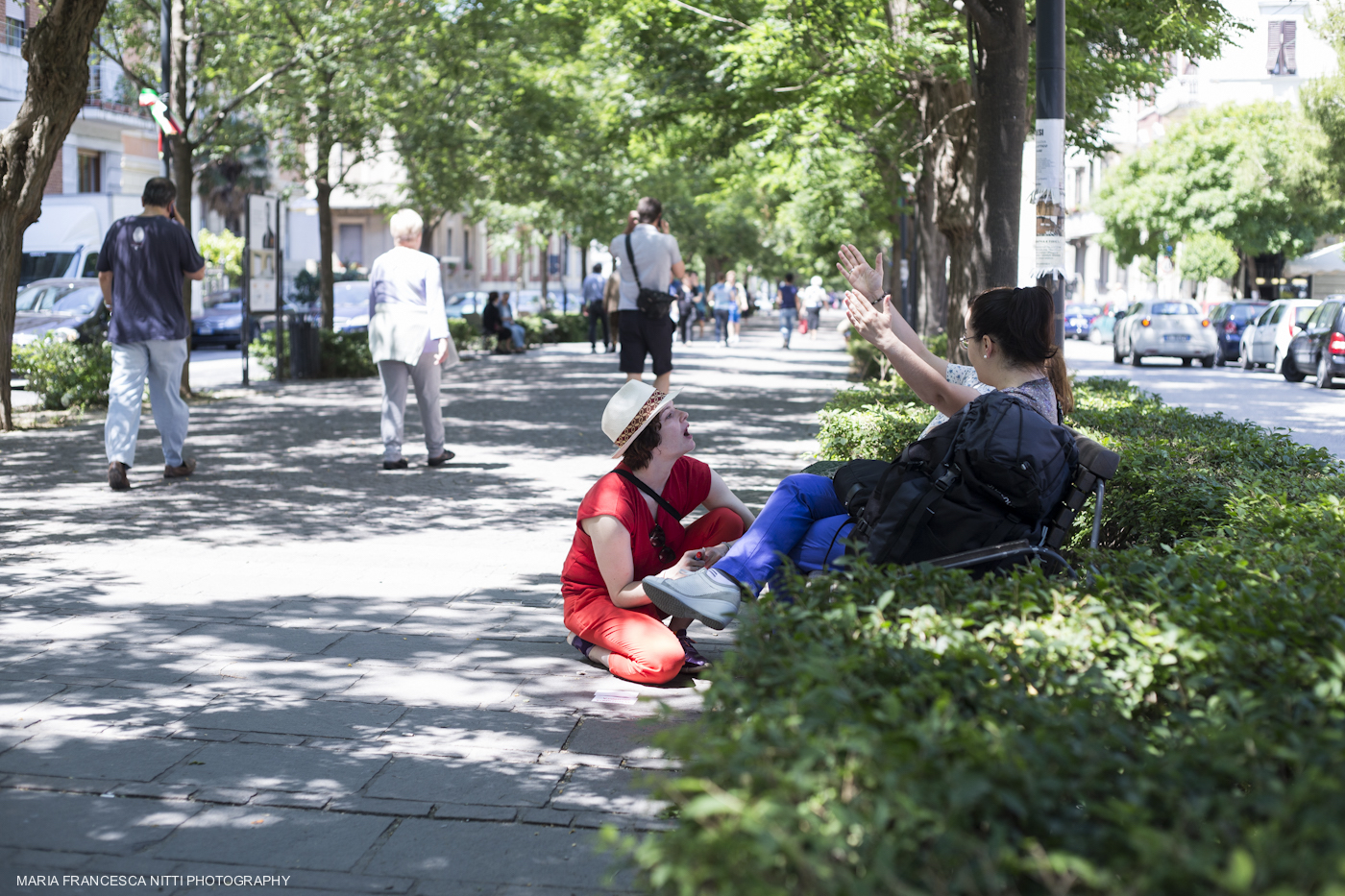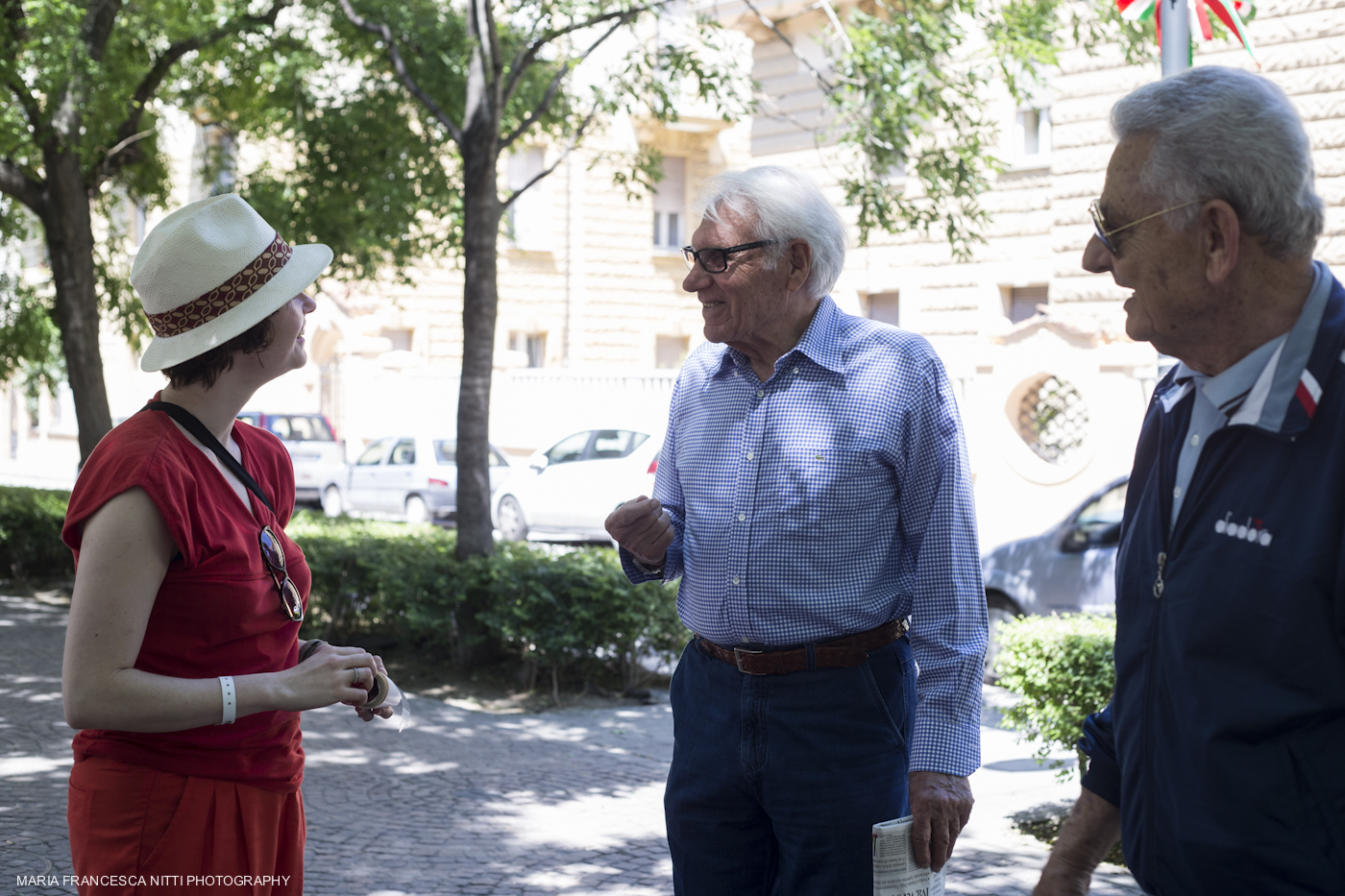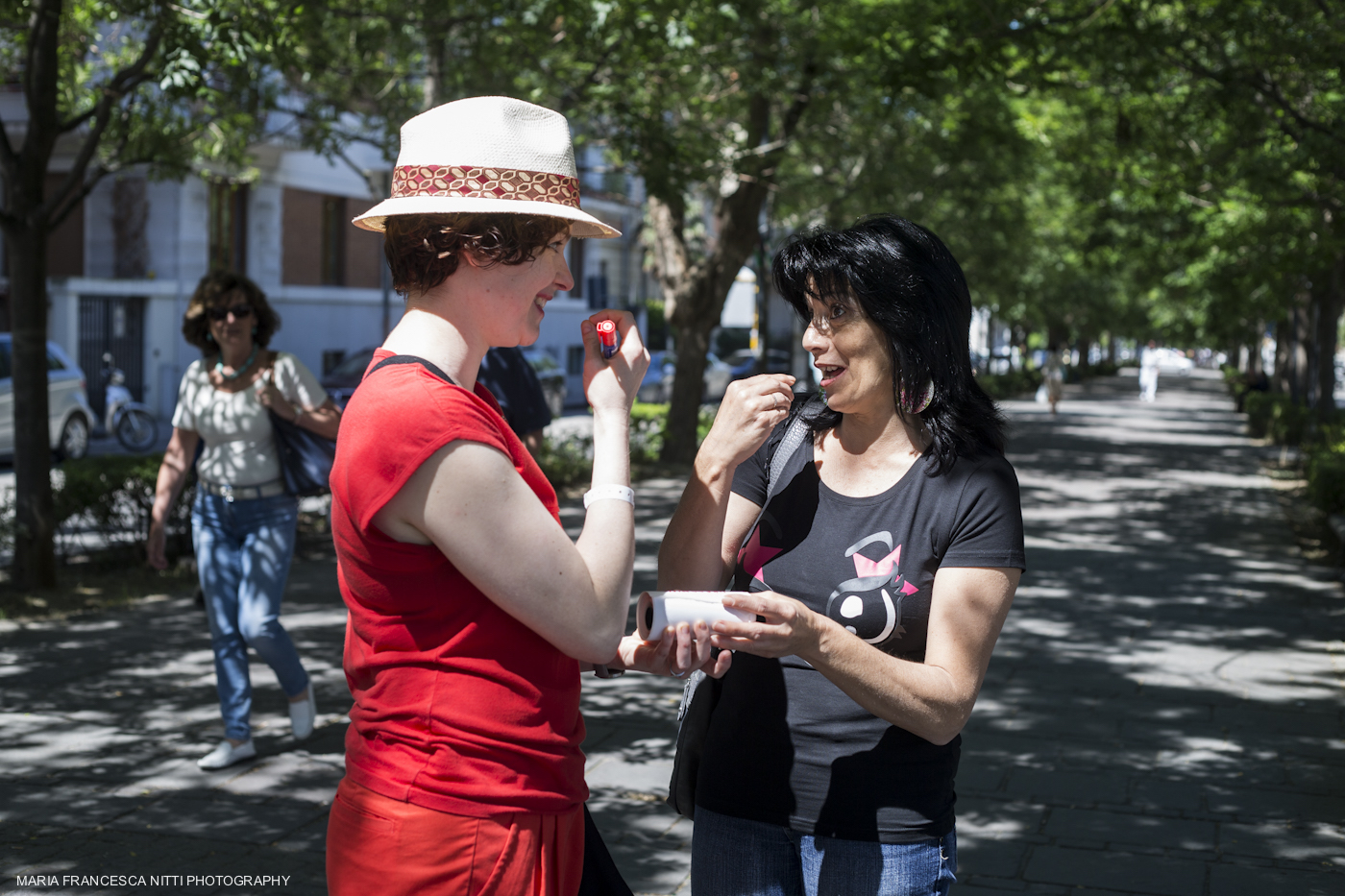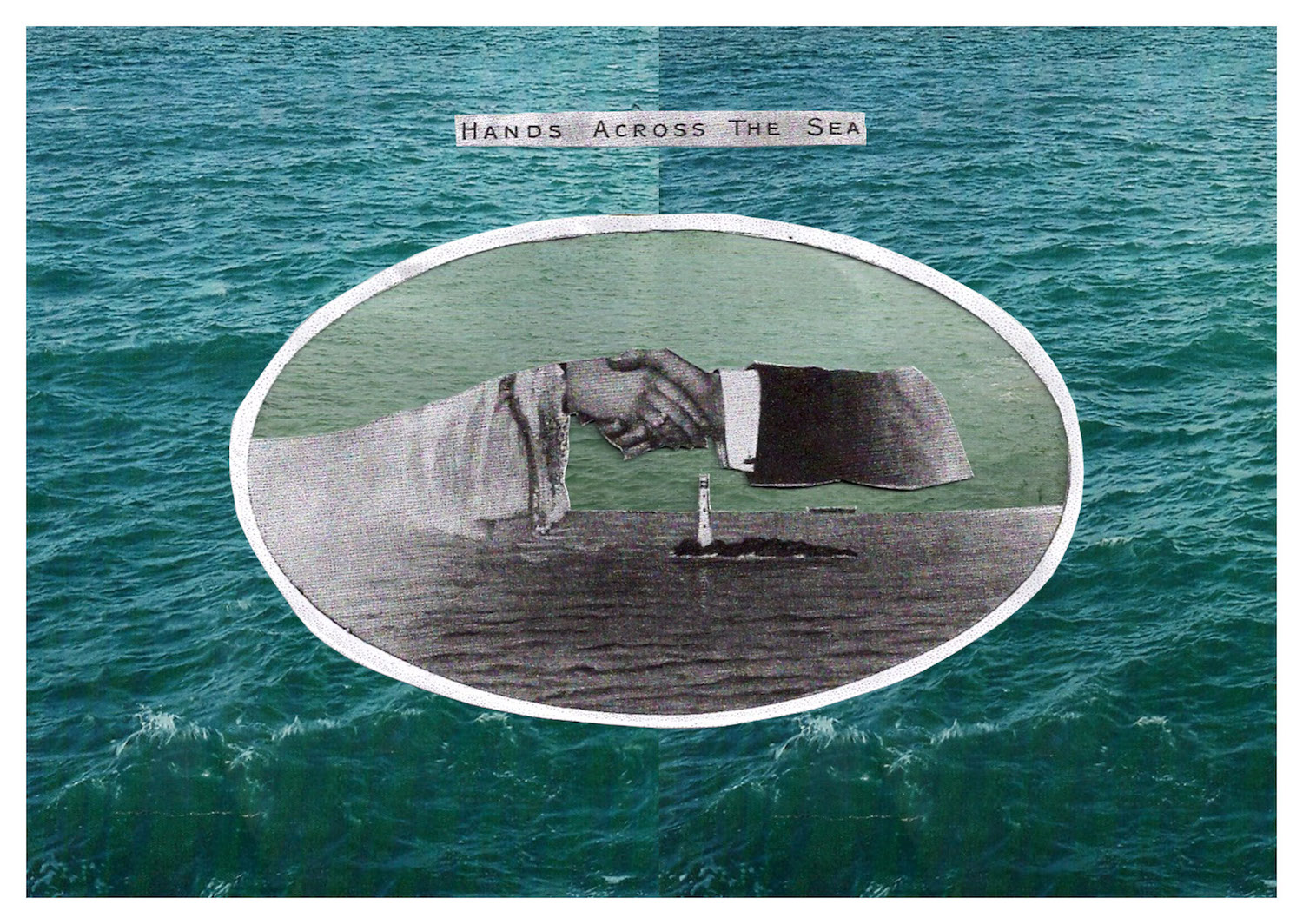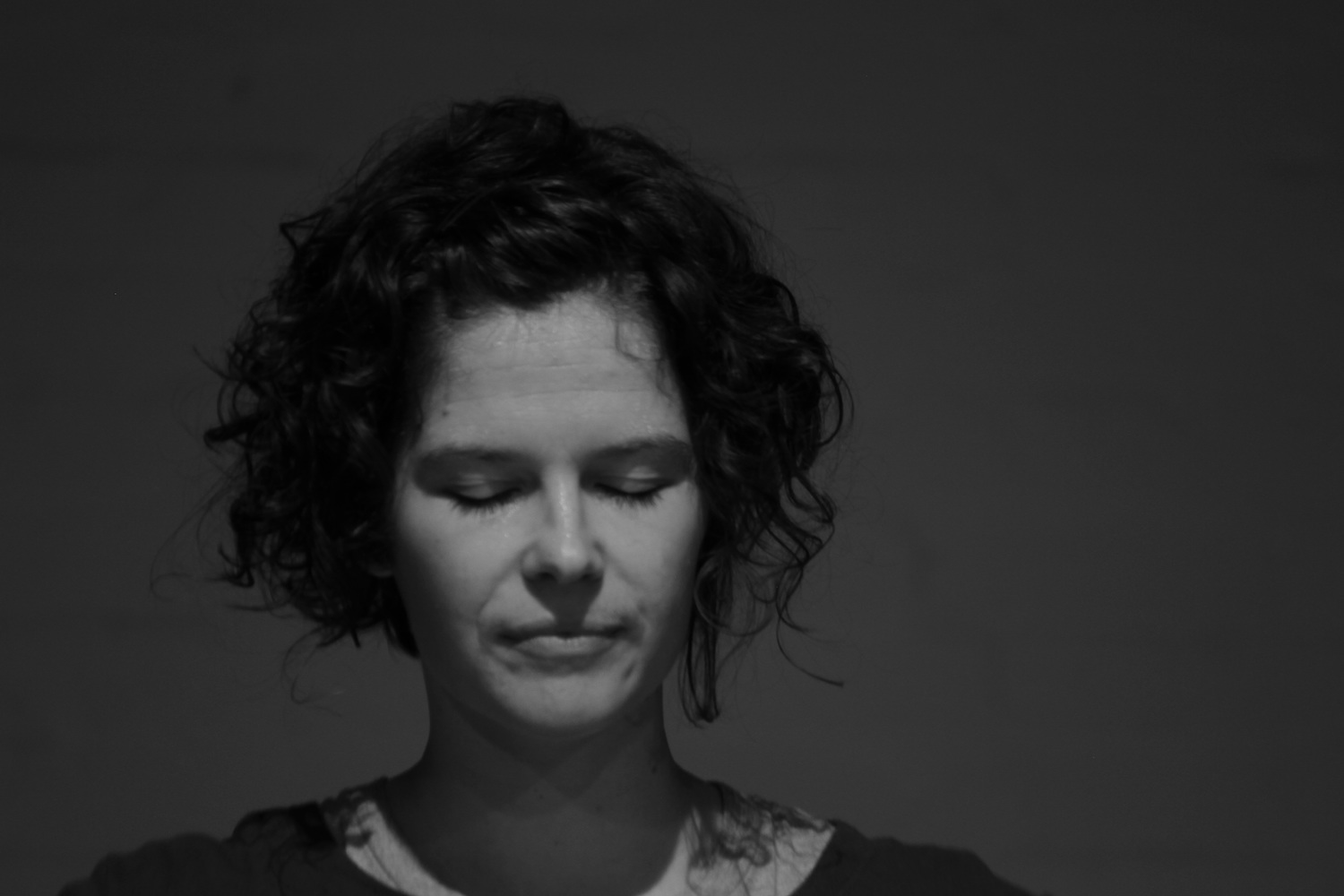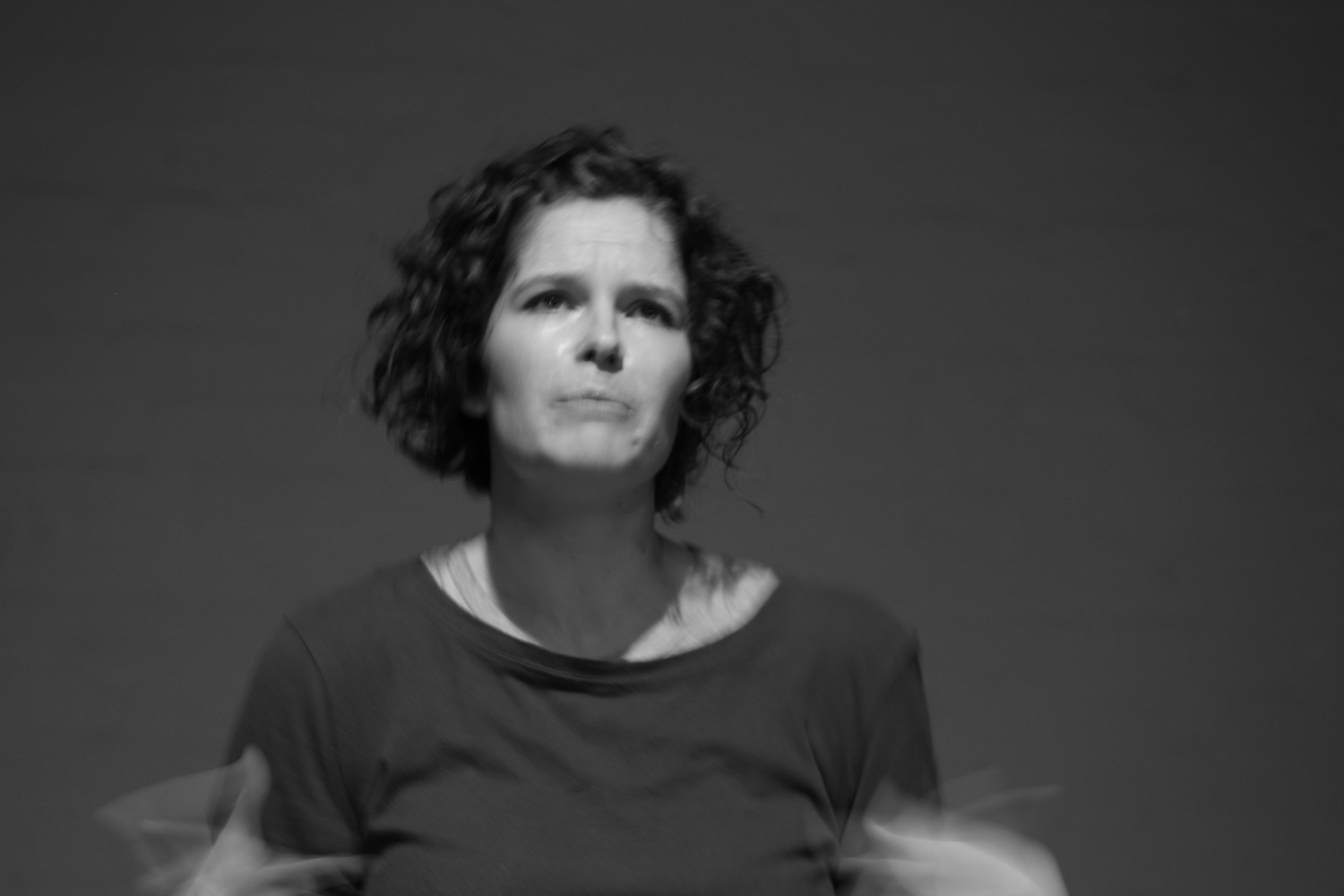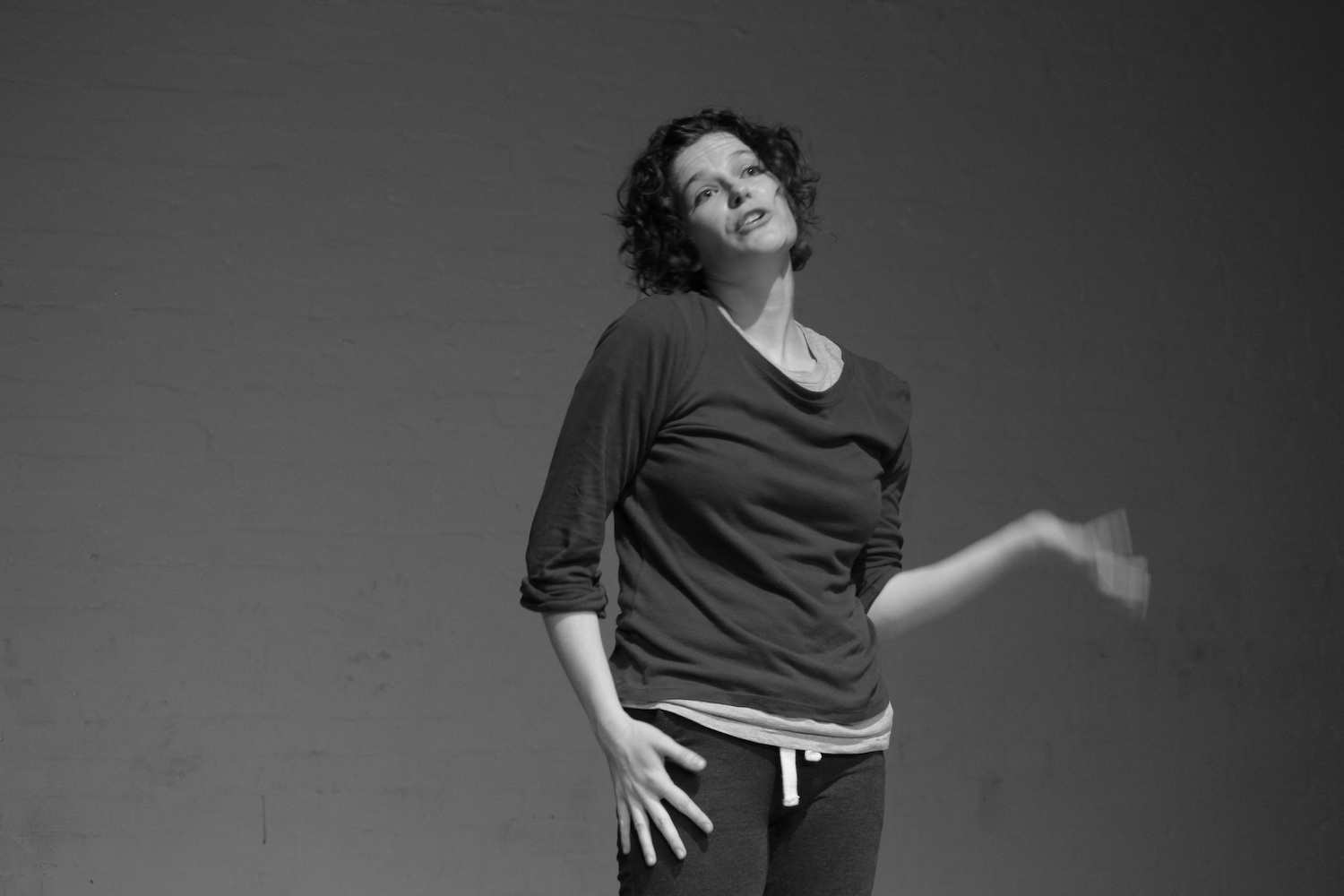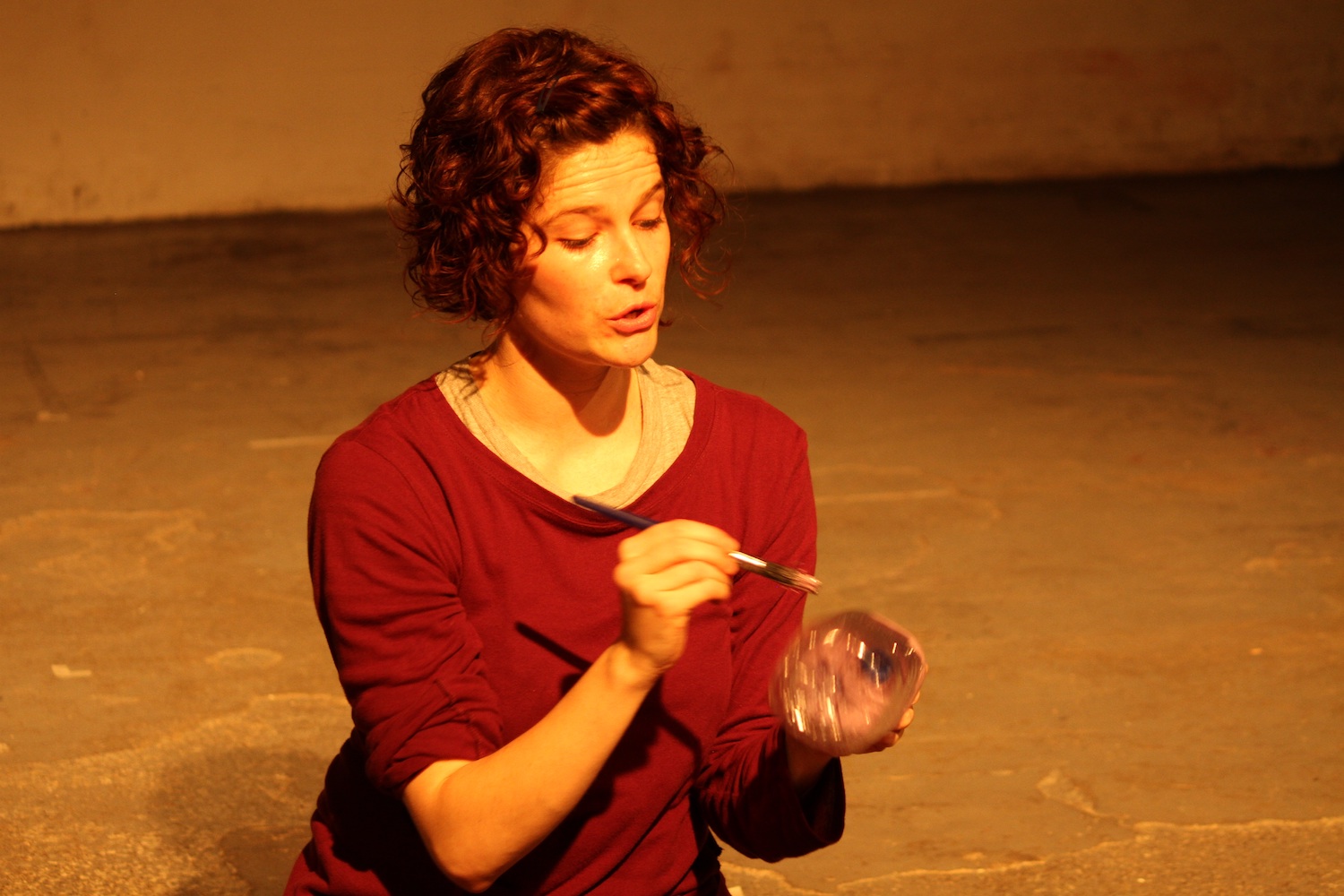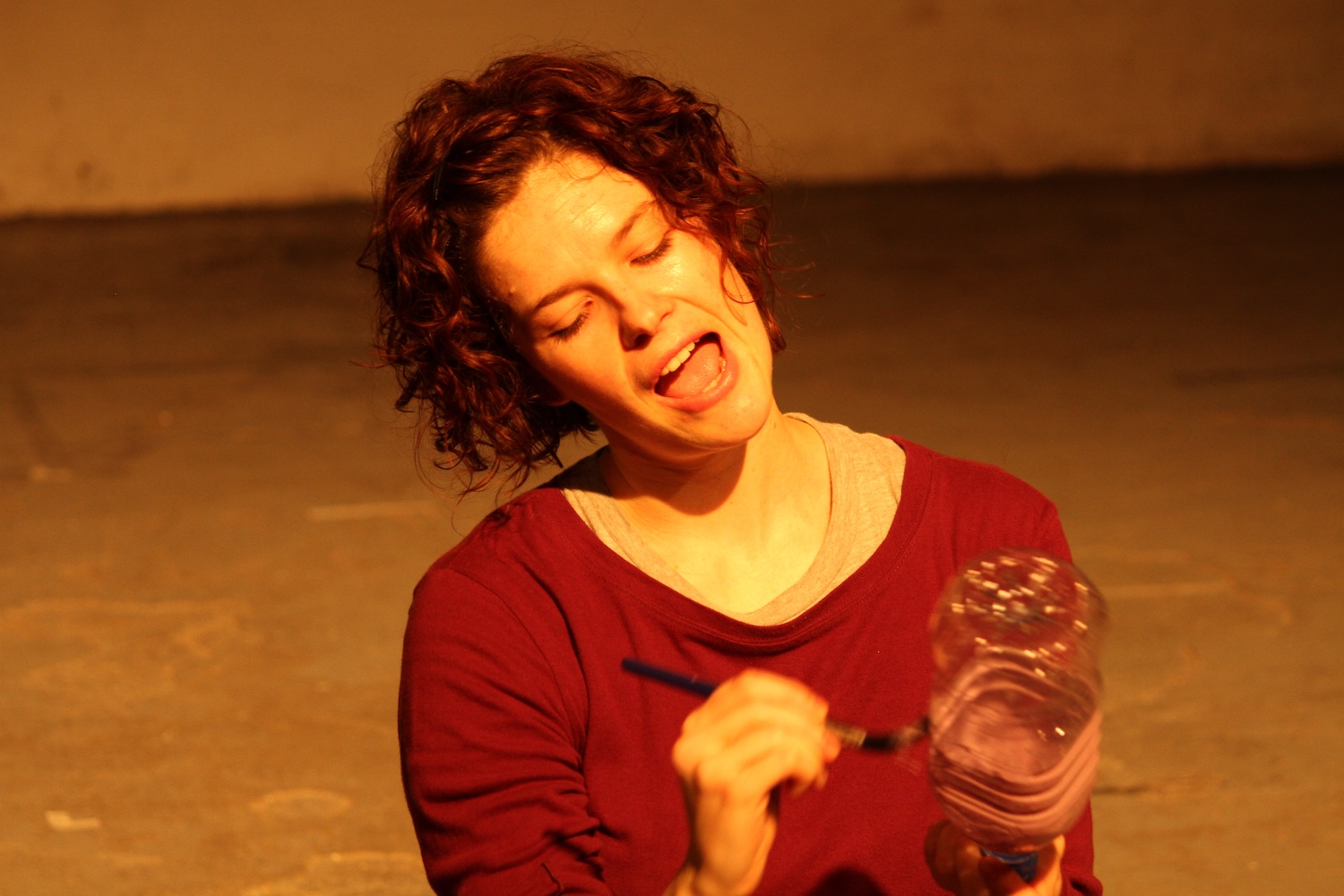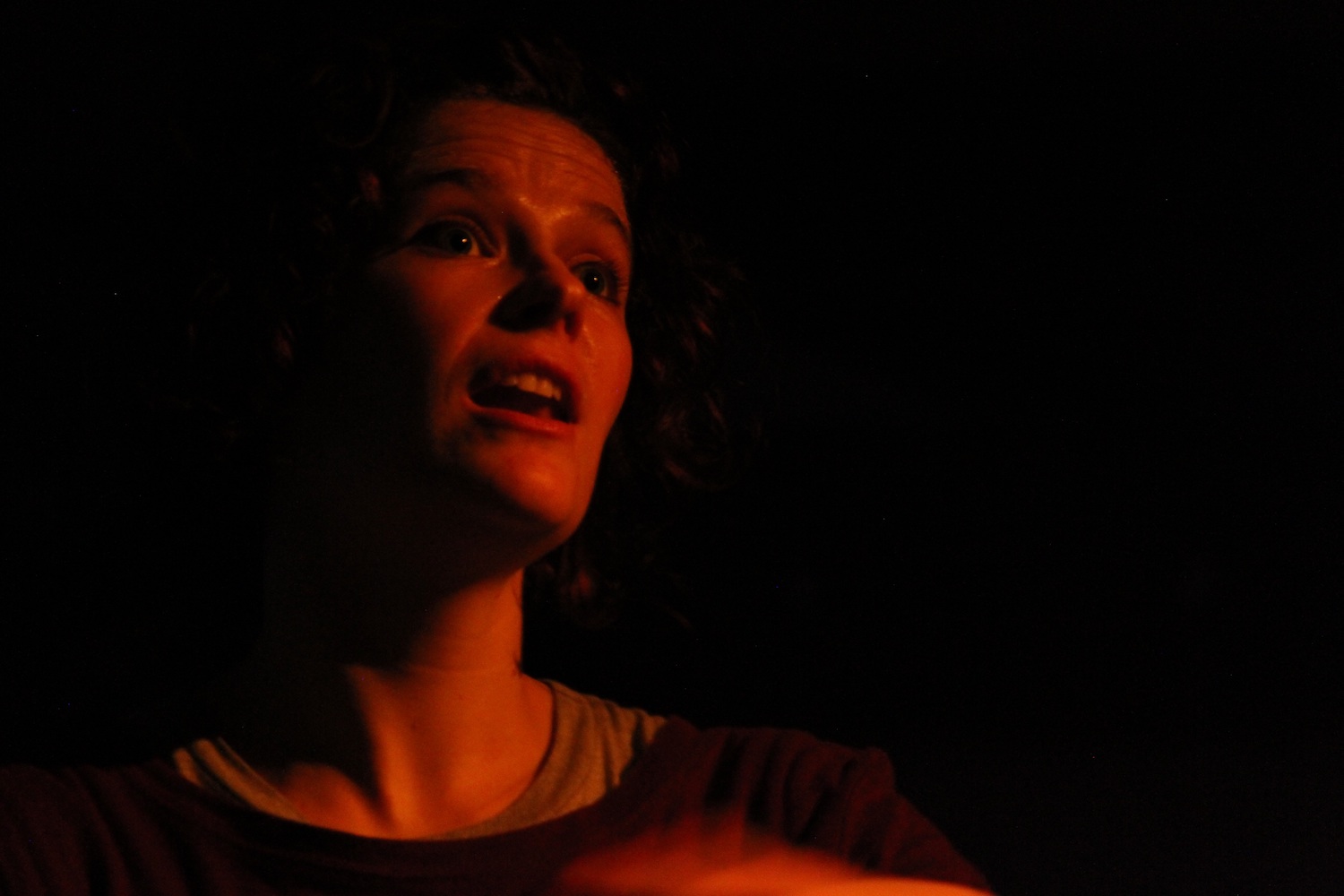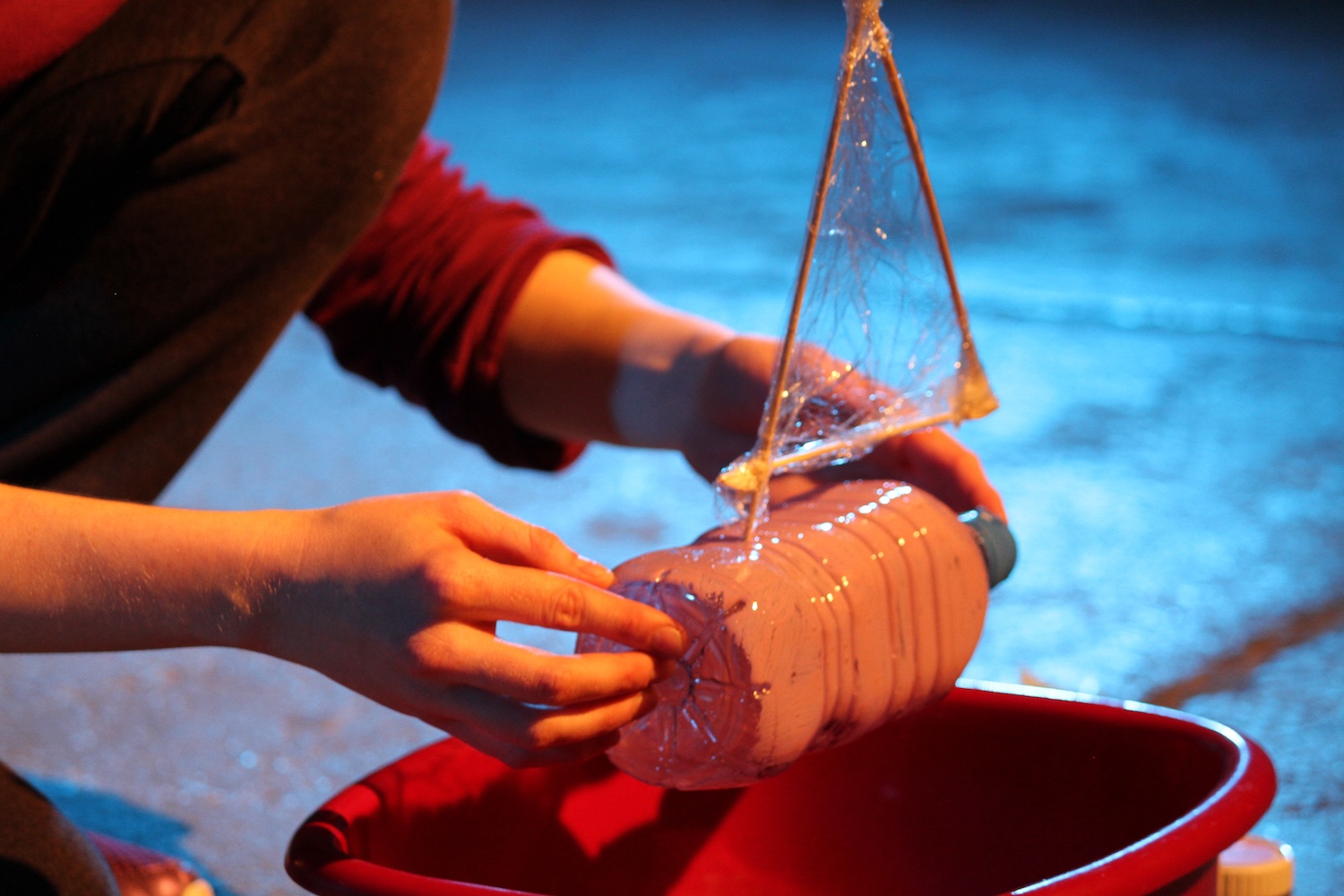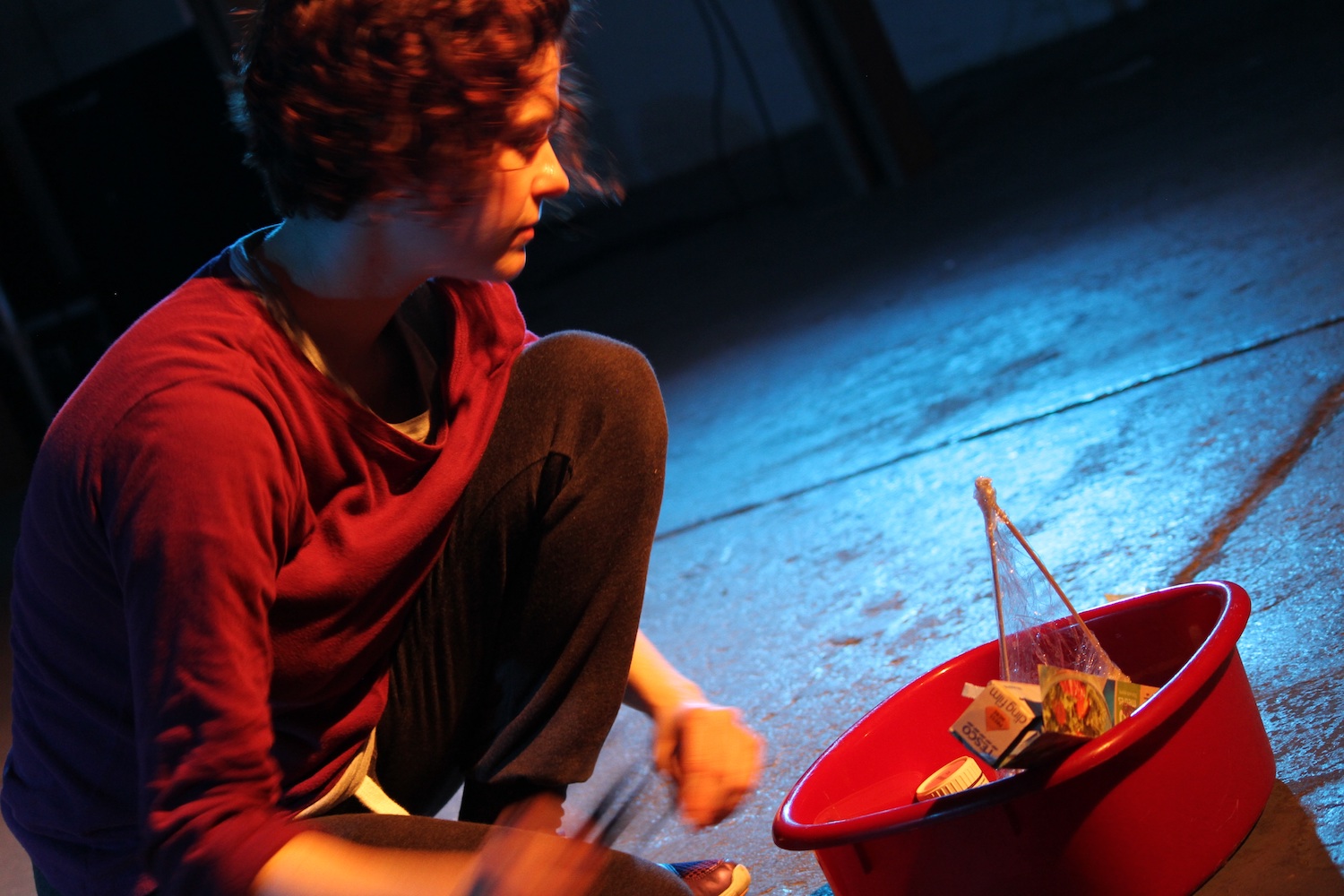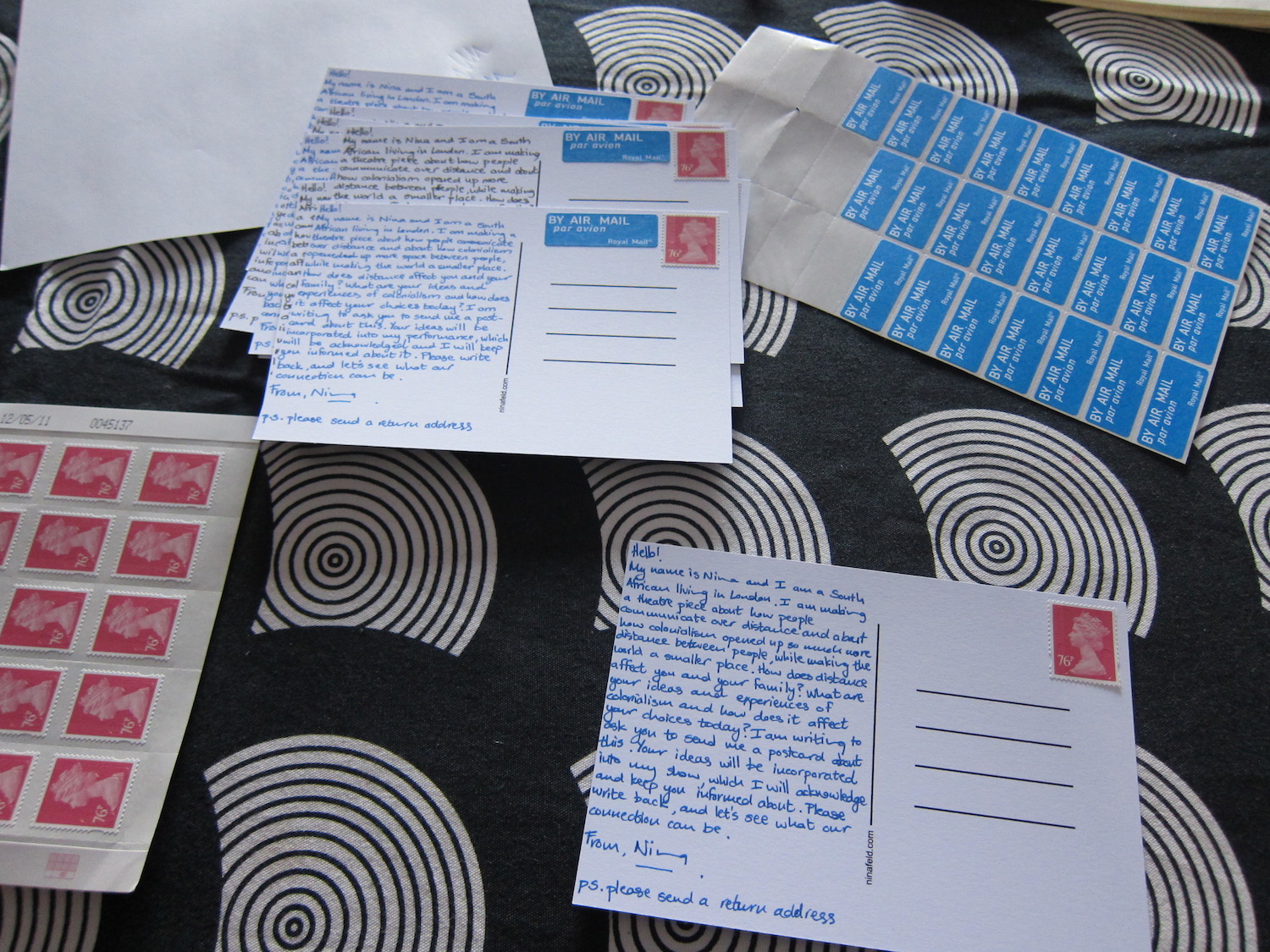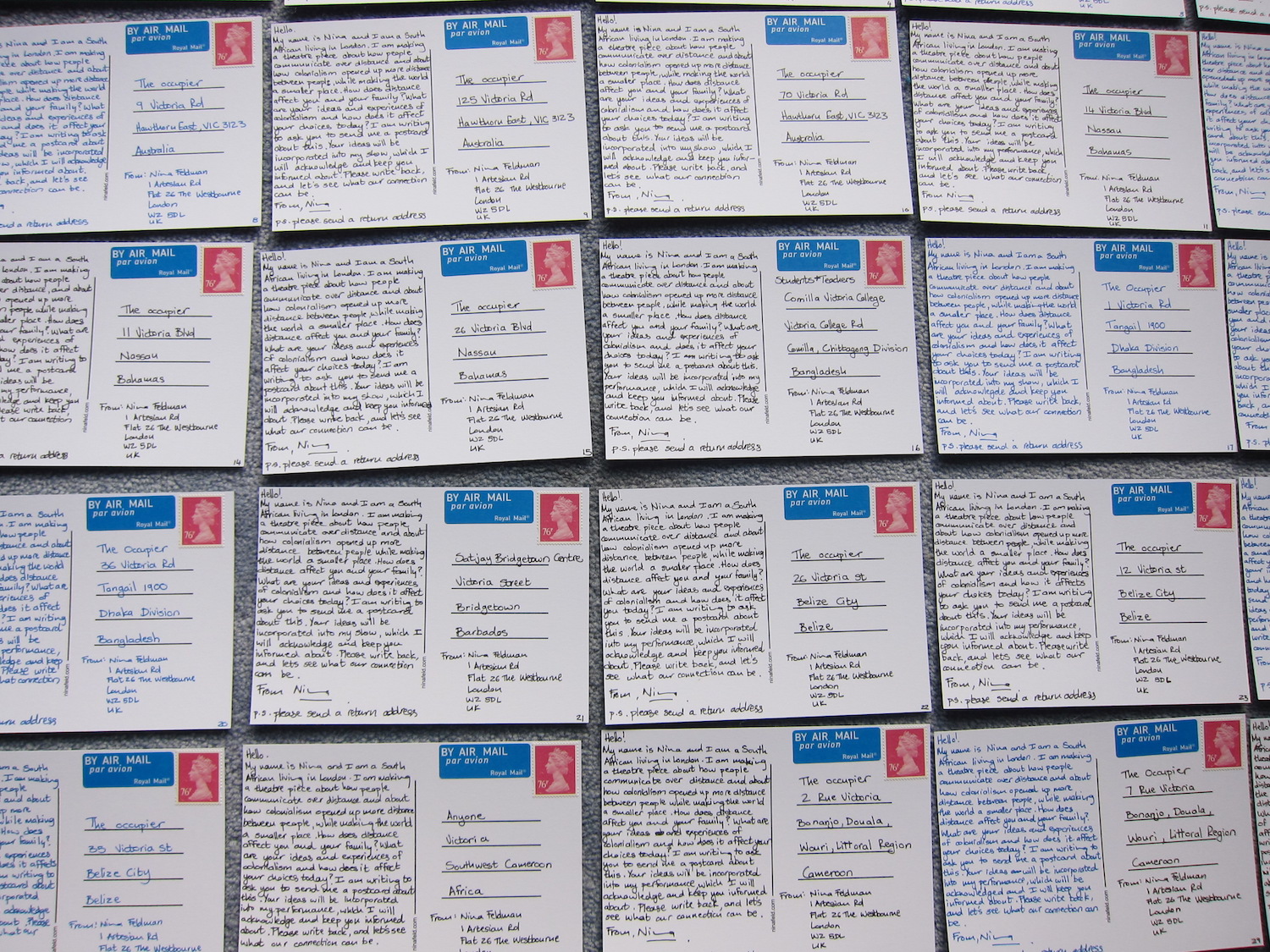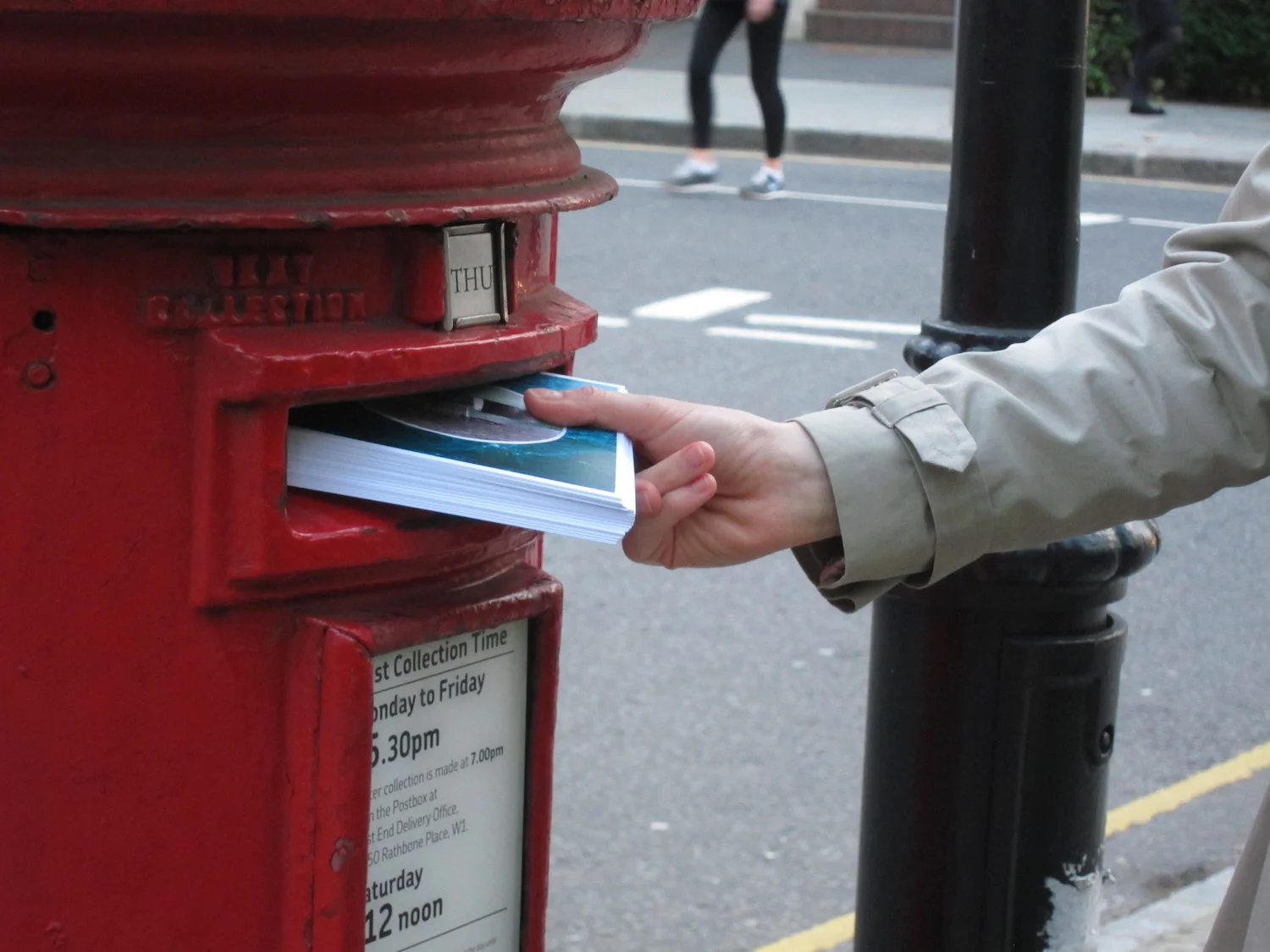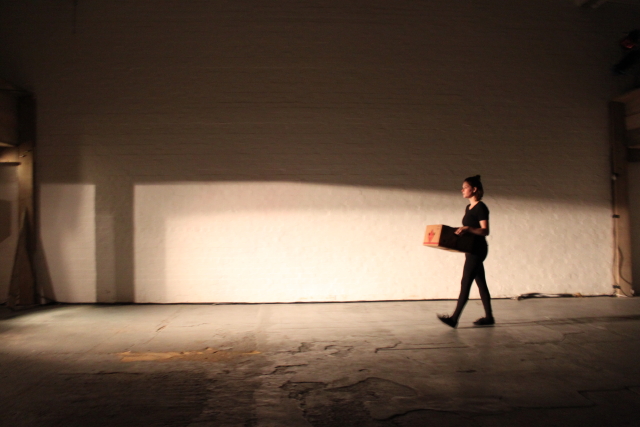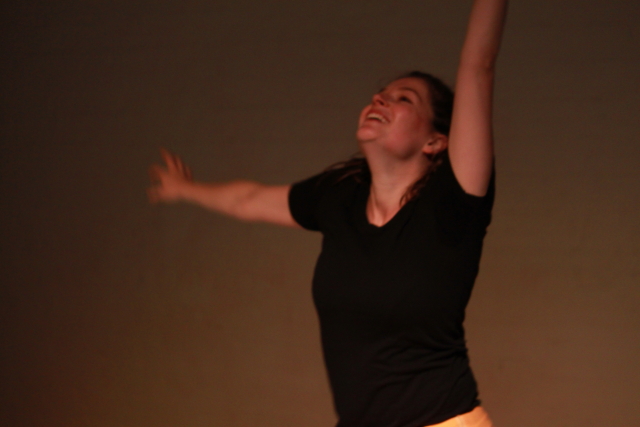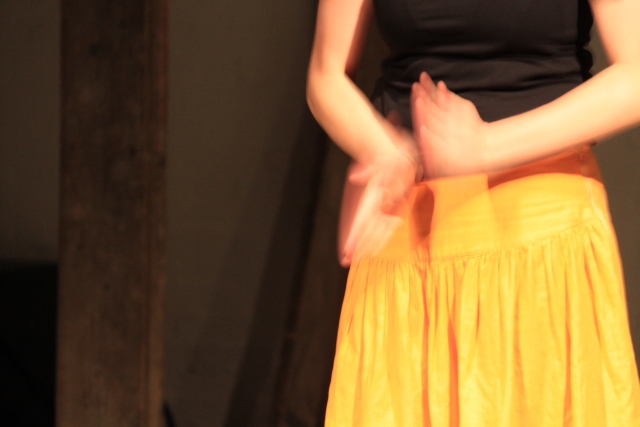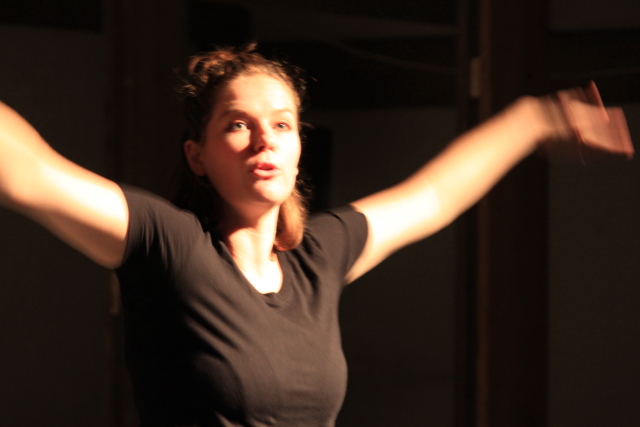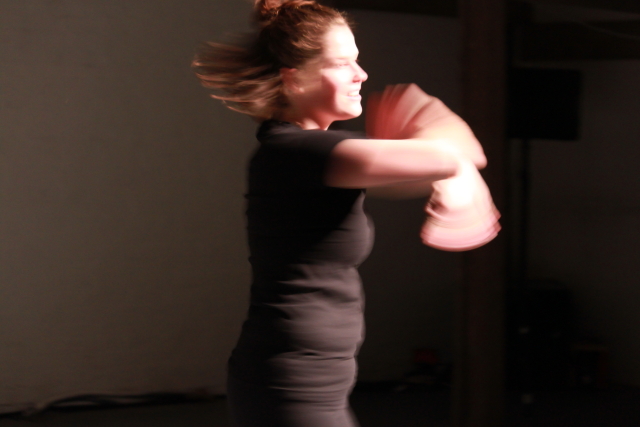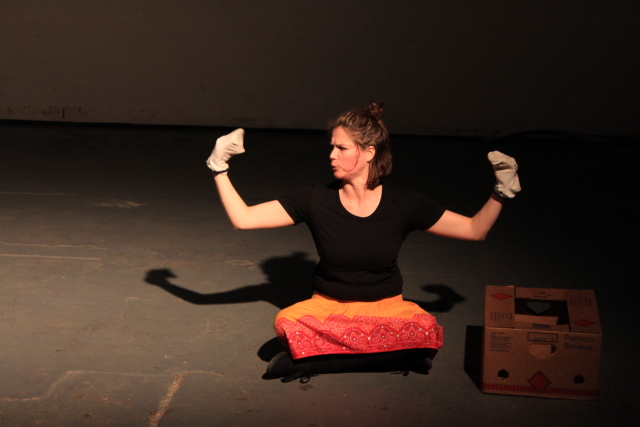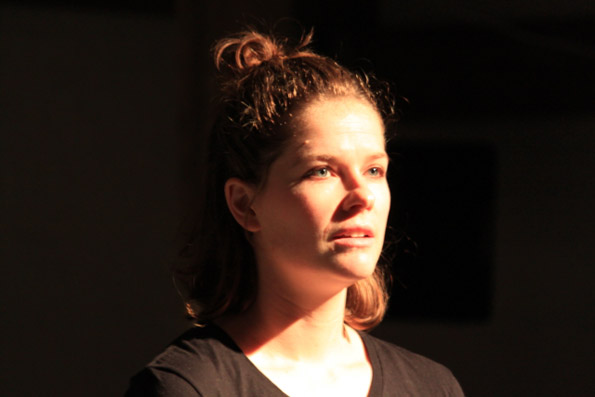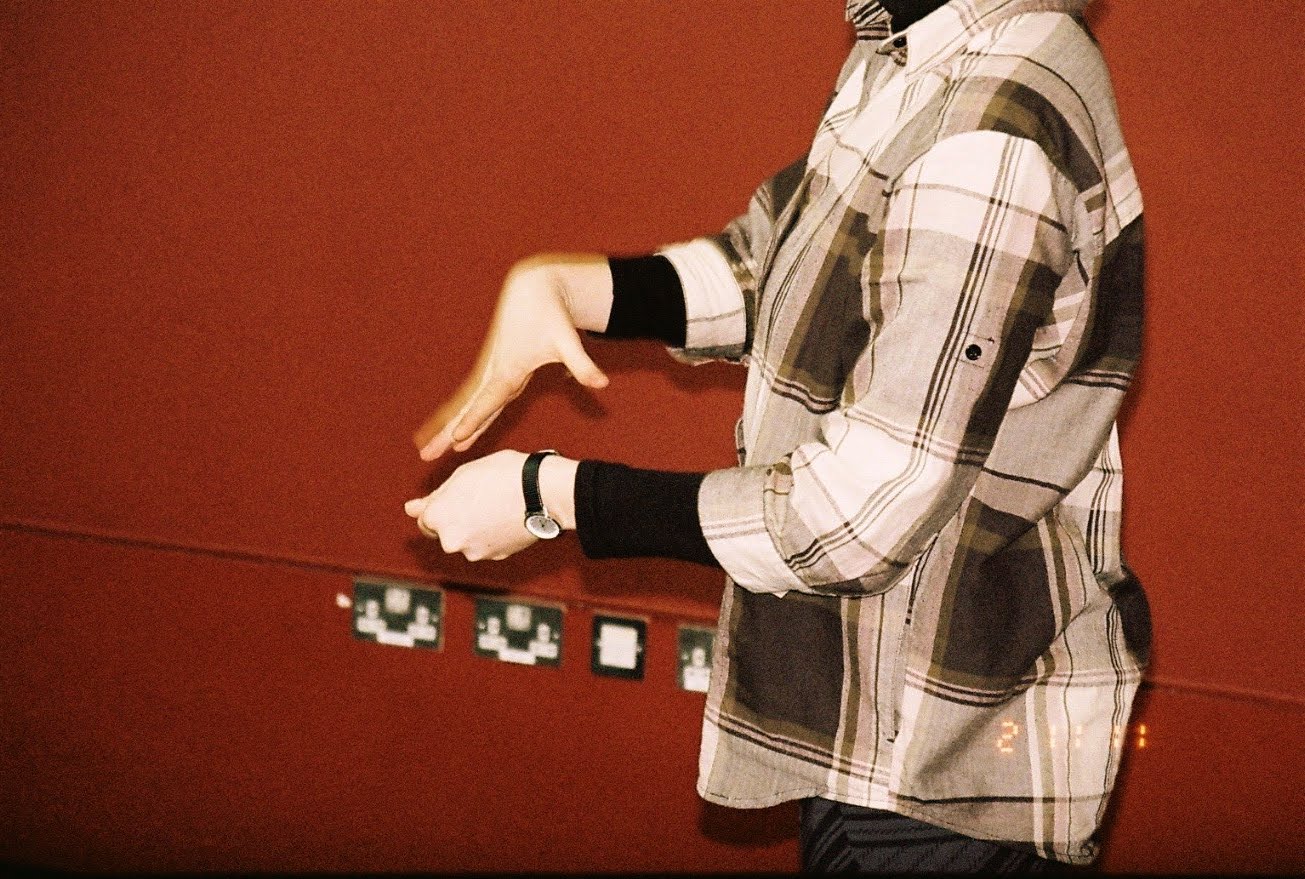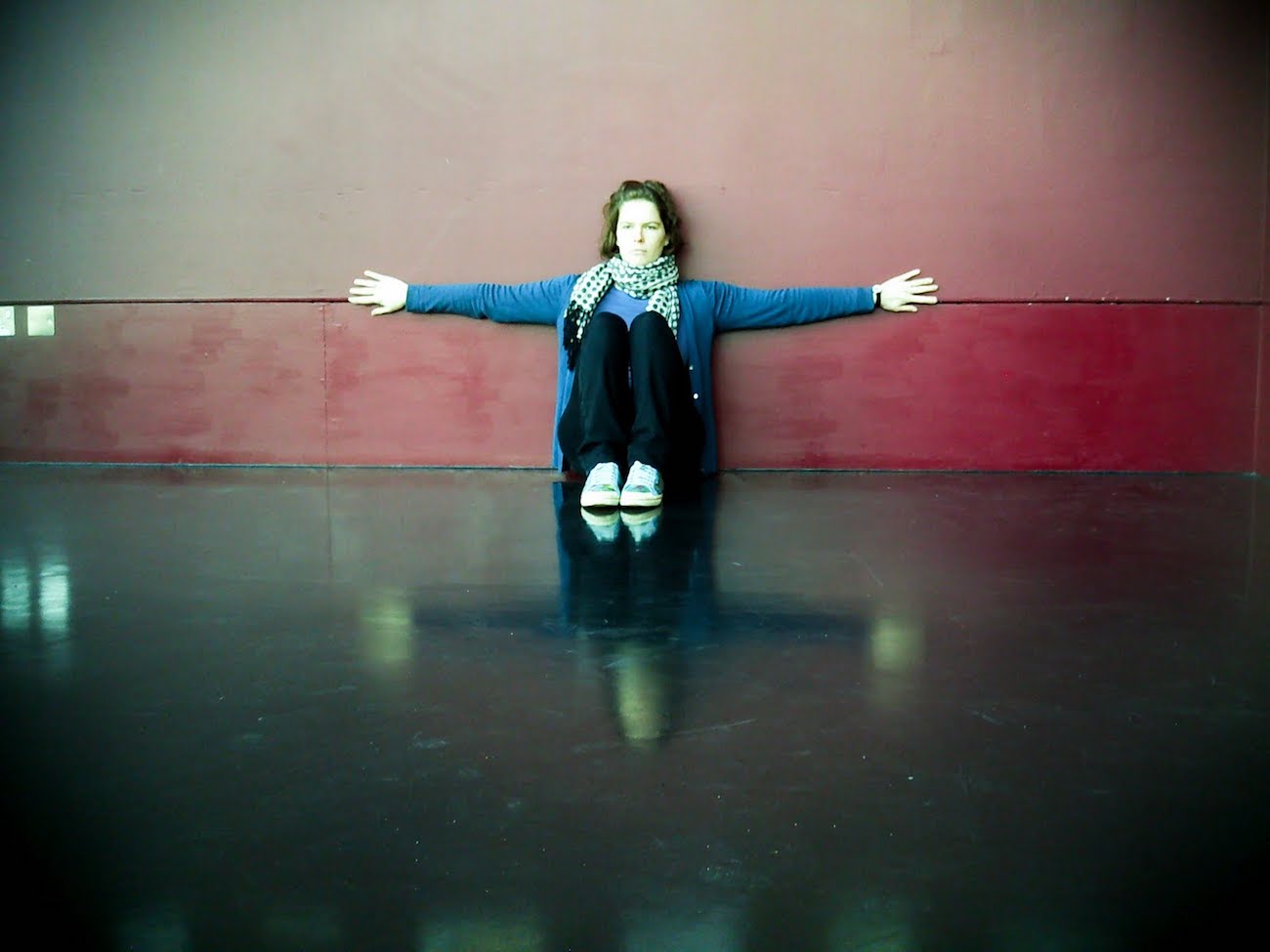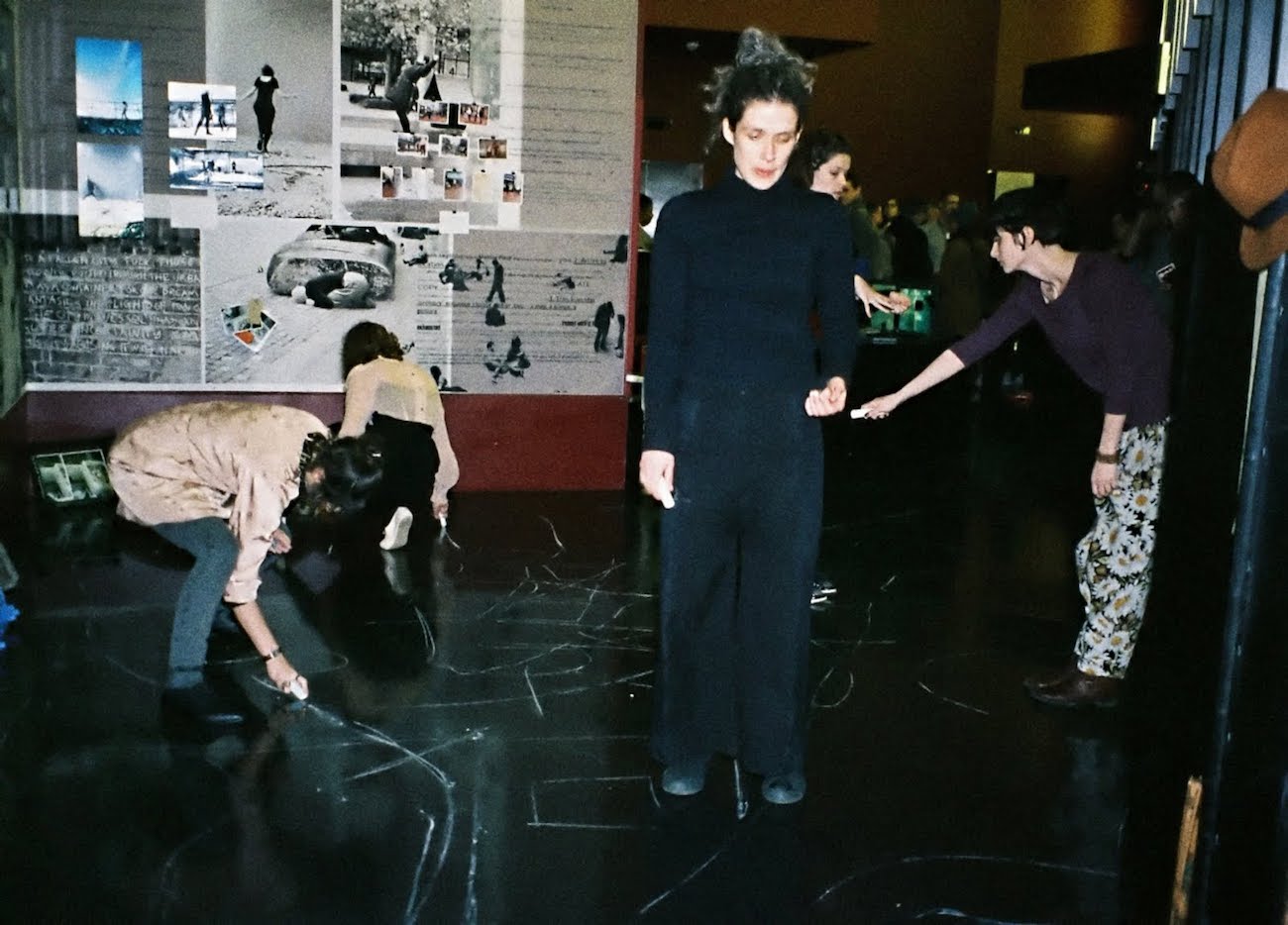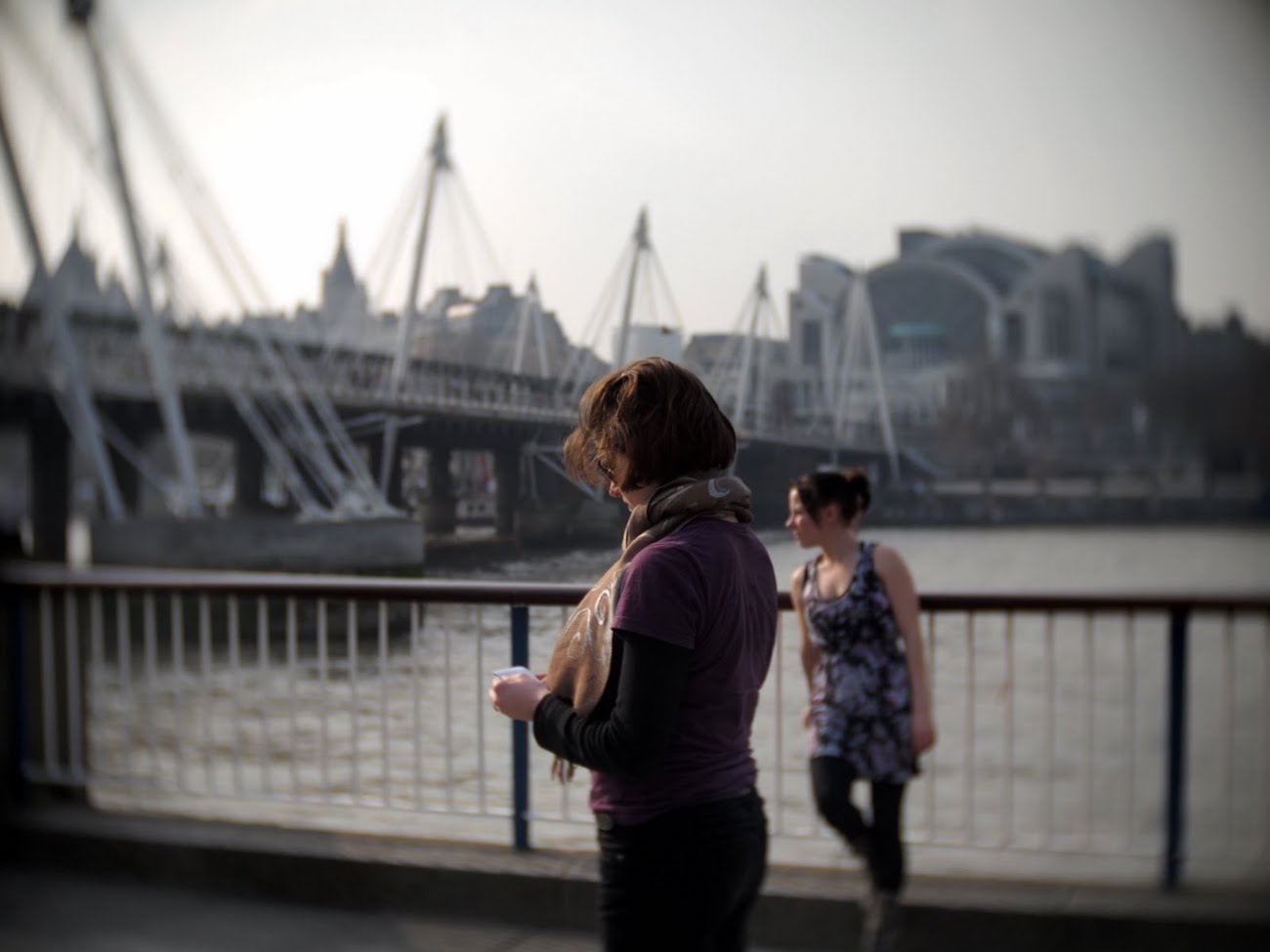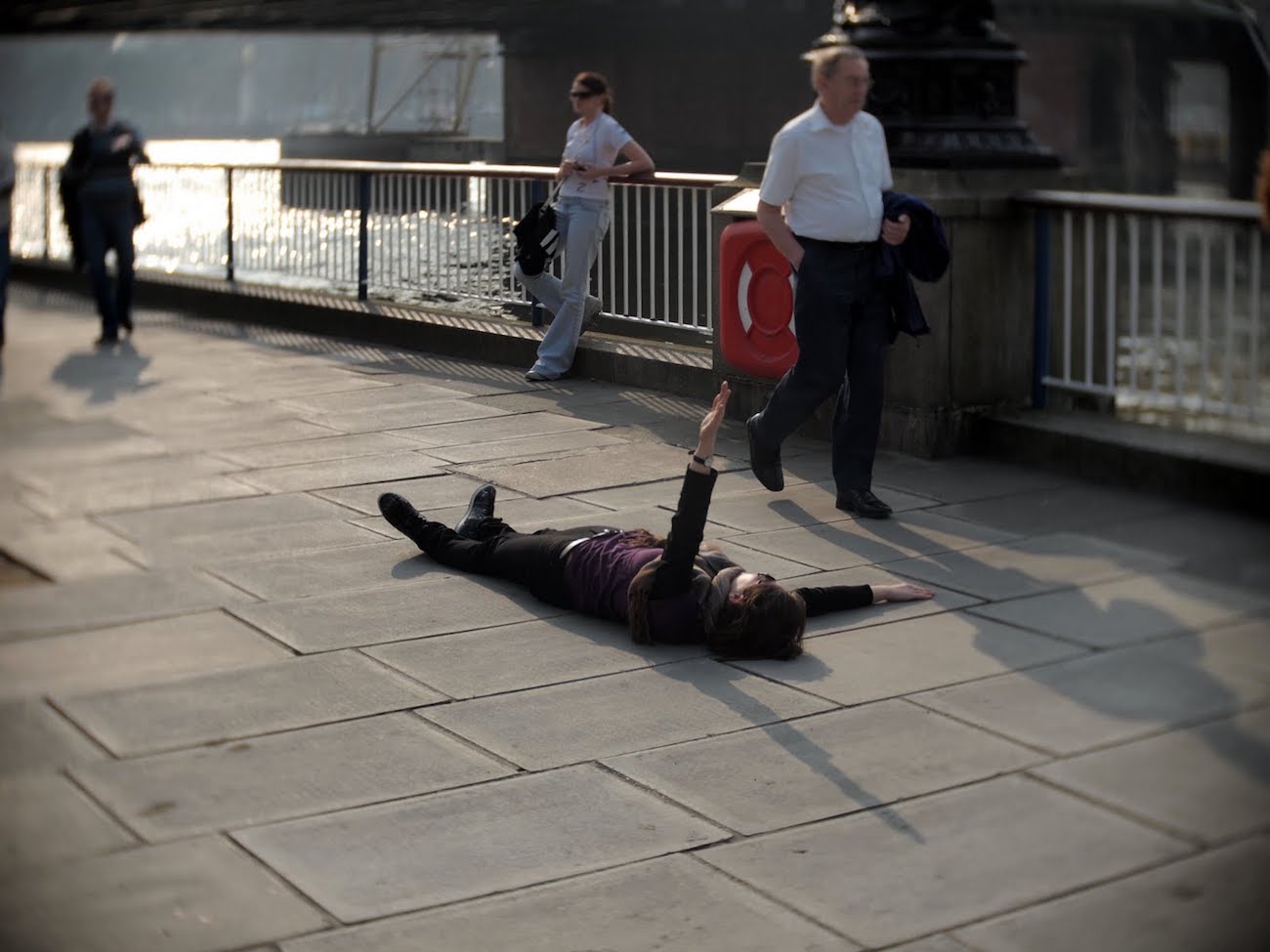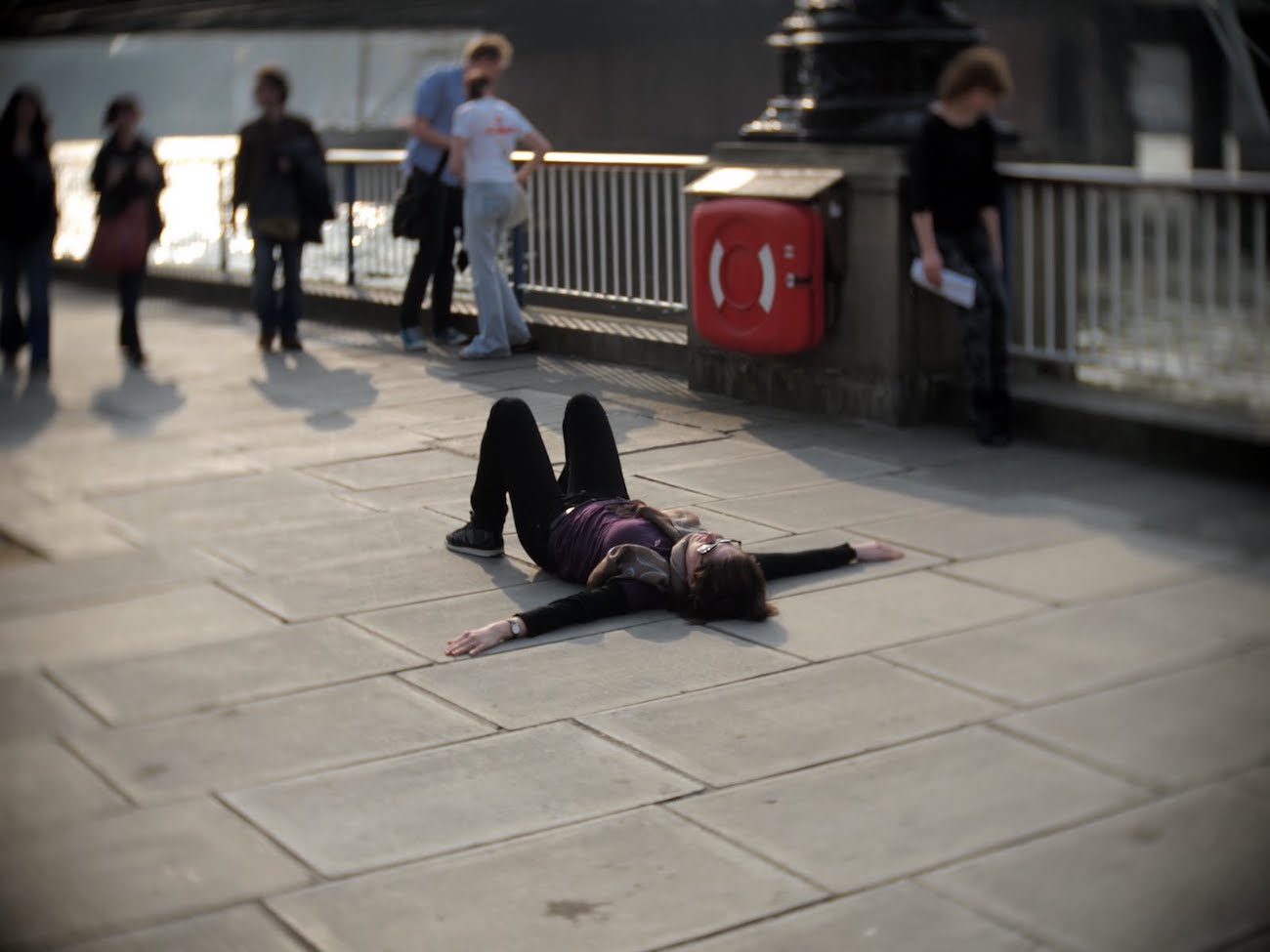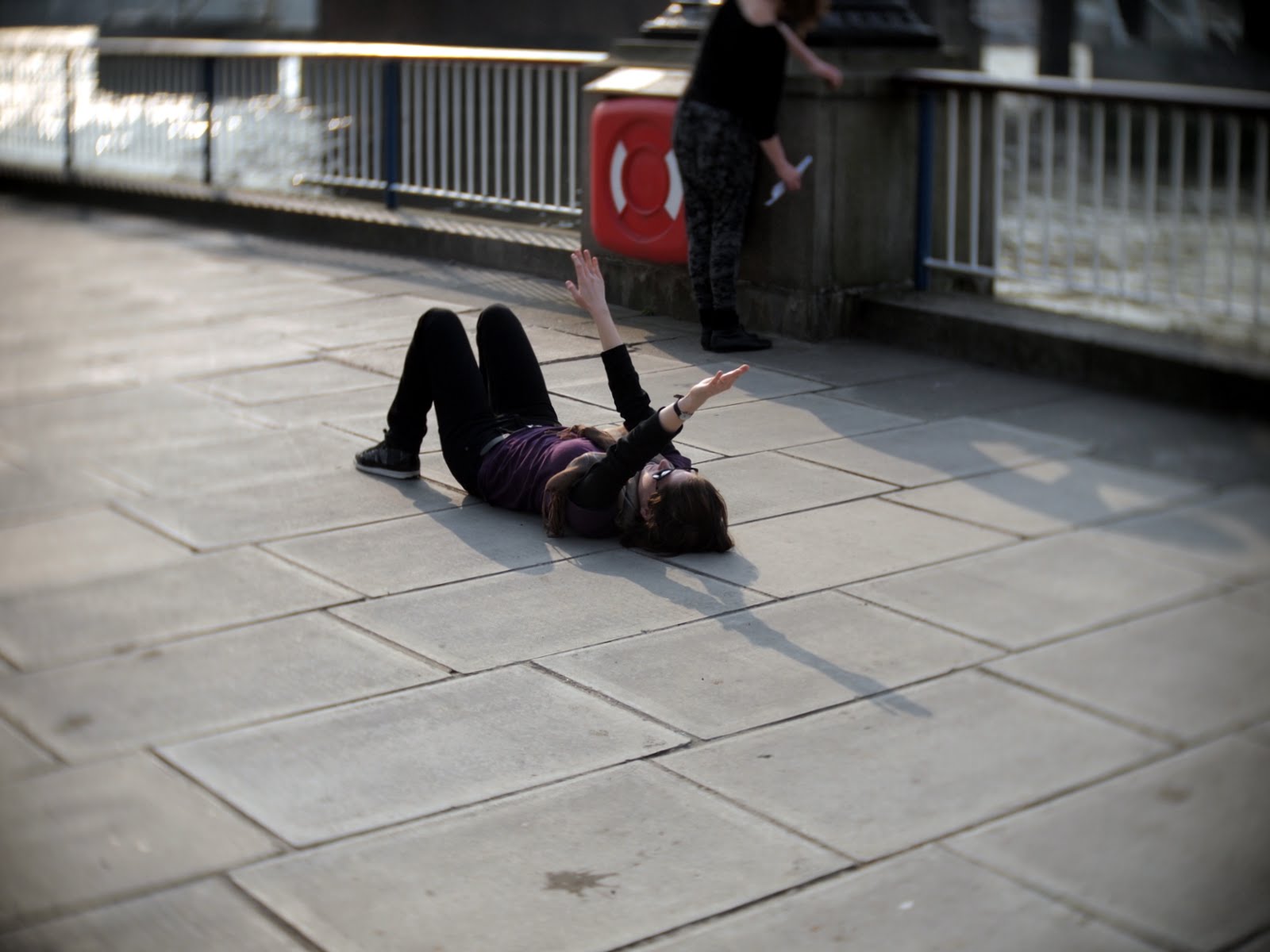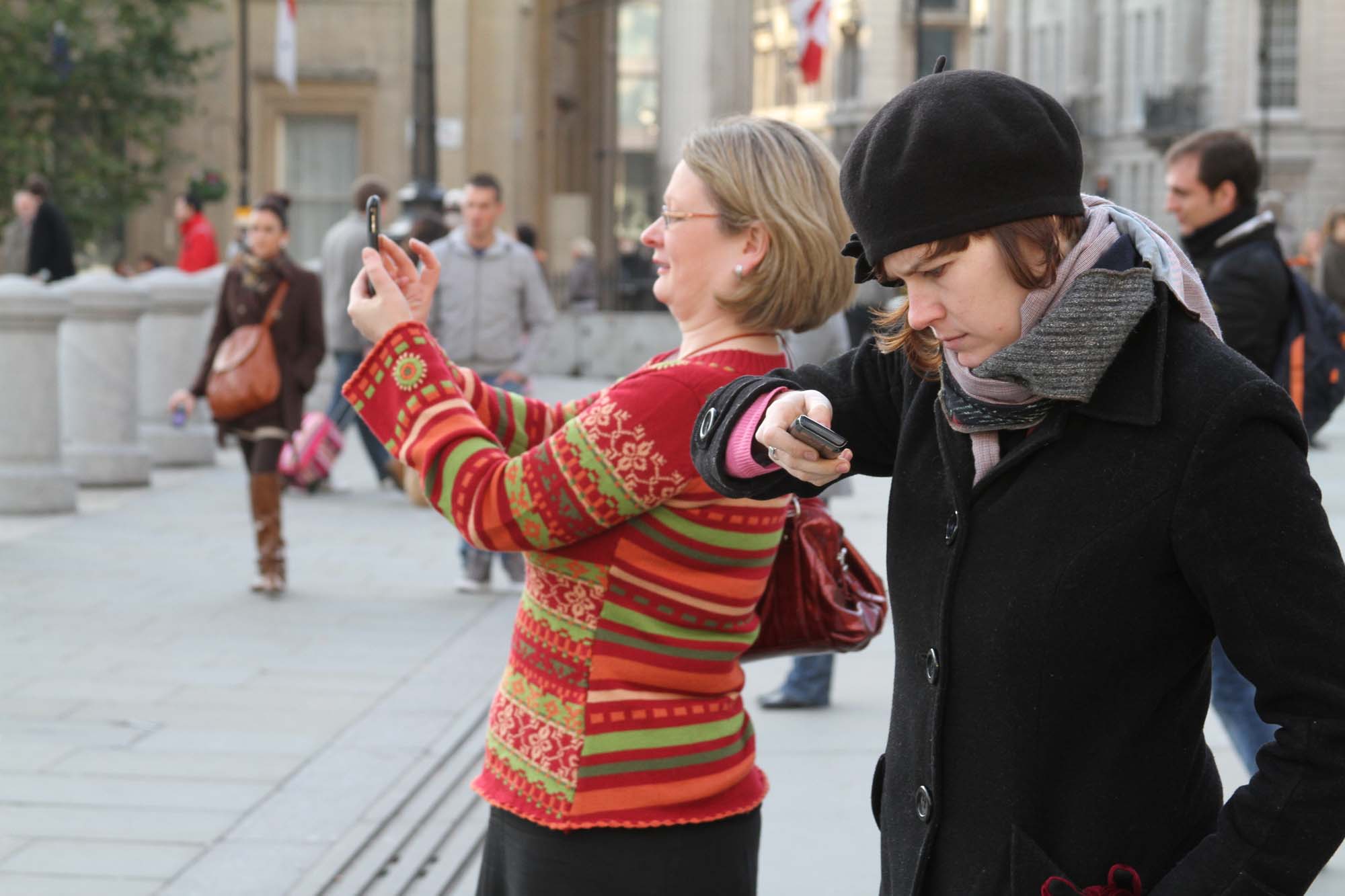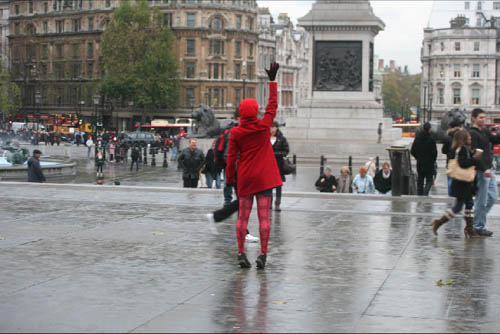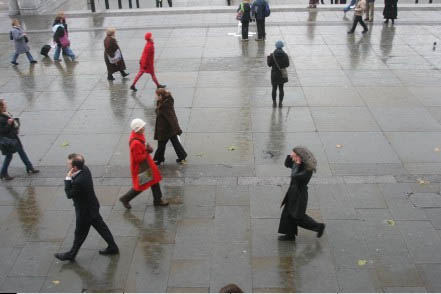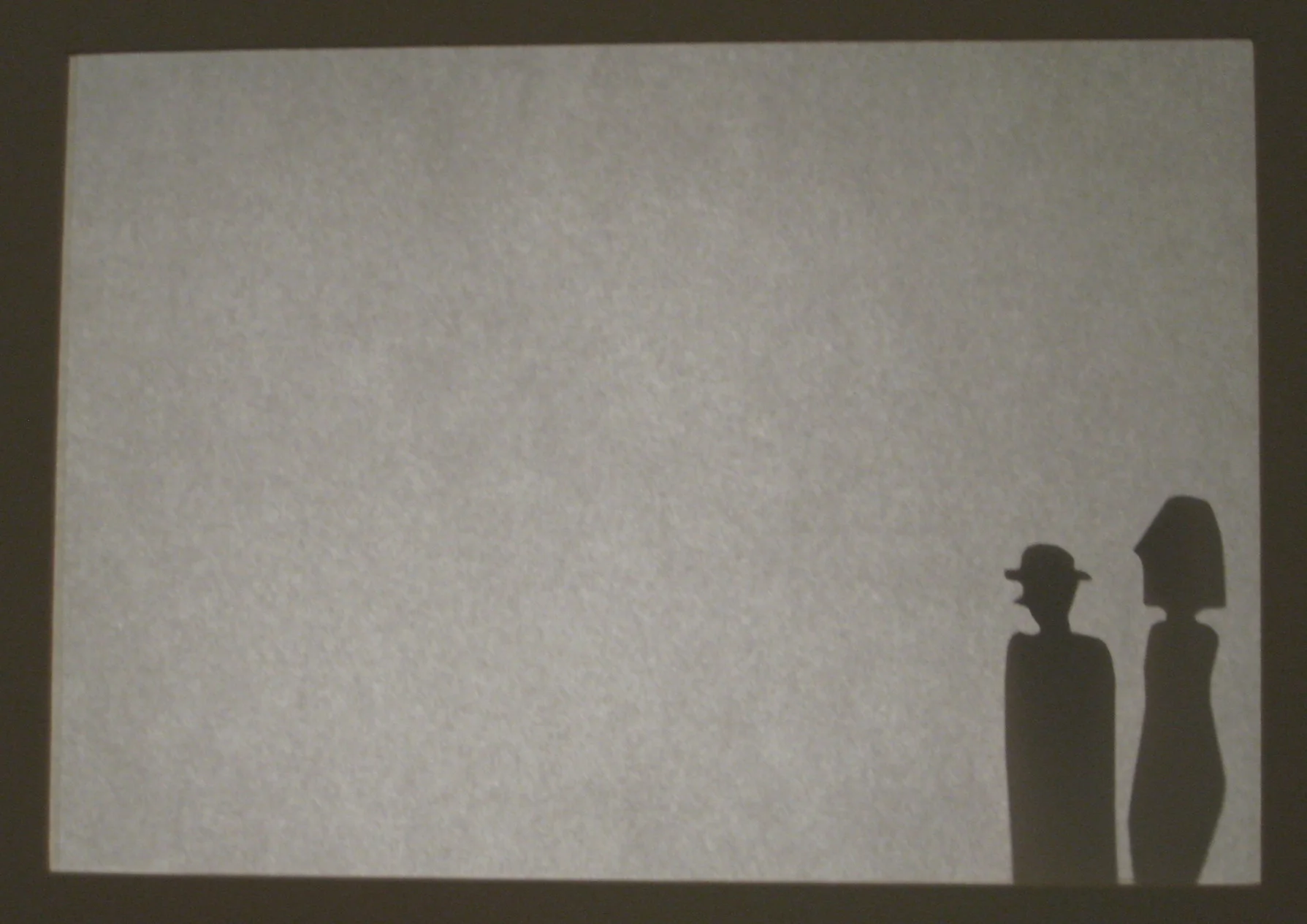
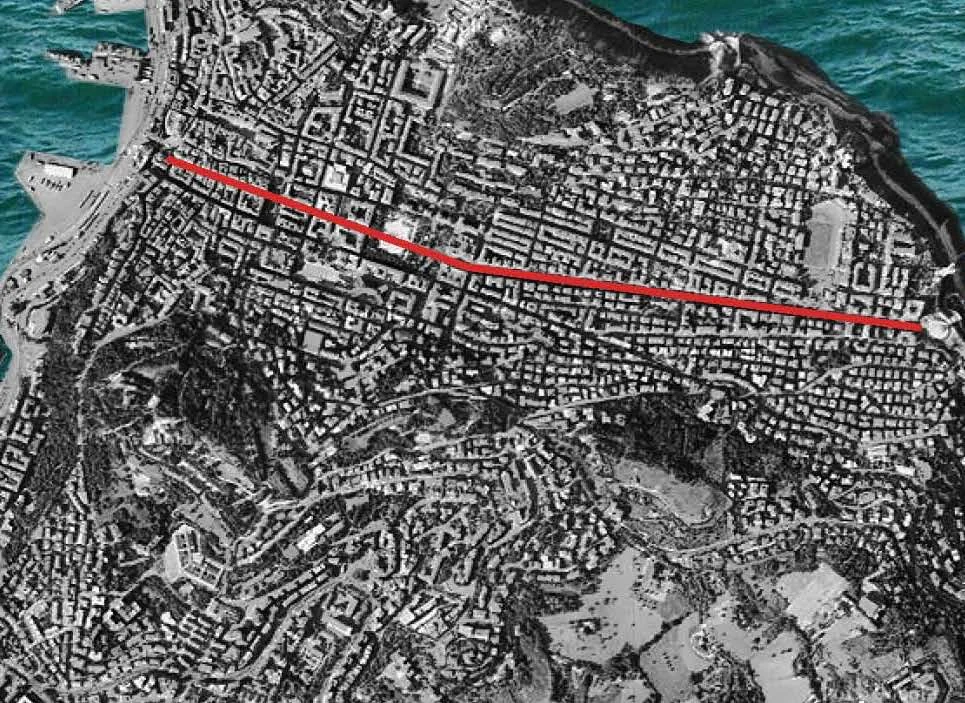

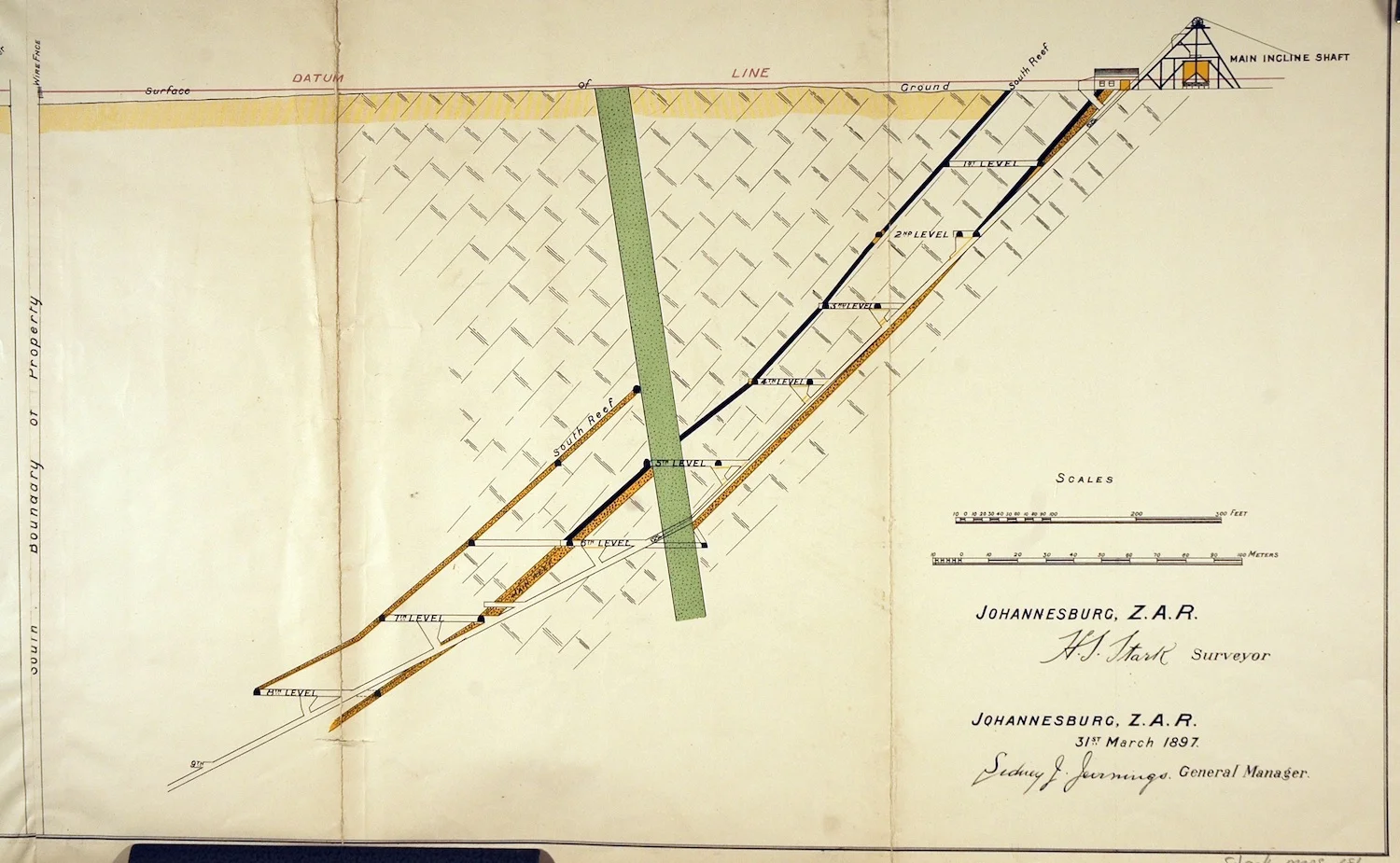



Solo Projects
Performance is my primary medium as I see it as an opportunity to share ideas through a shared experience. I am driven by using my craft to open up ways of engaging others in creative practices that allow growth, learning and change. The form my work takes is dependant on the subject matter that it is dealing with, so each piece is different in both form and content.
At its base is the human body.
Collaboration is central to the development of my work. Whether it is a group or solo piece, I rely on input from others to stretch and challenge my own assumptions. My understanding of the work is furthered by its performance as it cannot exist in a vacuum.
Solo Projects
Performance is my primary medium as I see it as an opportunity to share ideas through a shared experience. I am driven by using my craft to open up ways of engaging others in creative practices that allow growth, learning and change. The form my work takes is dependant on the subject matter that it is dealing with, so each piece is different in both form and content.
At its base is the human body.
Collaboration is central to the development of my work. Whether it is a group or solo piece, I rely on input from others to stretch and challenge my own assumptions. My understanding of the work is furthered by its performance as it cannot exist in a vacuum.

voglio parlare italiano
voglio parlare italiano
voglio parlare italiano
I had been studying Italian for two years by attending weekly classes in London. This had not resulted in fluency in the language and had led me to explore an alternative pedagogic practice to interact with an Italian community and their body of knowledge. For an outsider and immigrant to Europe, access to this community promises a possible, utopian reality. For the people I interact with, it can provide a new perspective on their city and the power that lies in their language.
voglio parlare italiano was first presented as part of Mediterranea 16 in Ancona, Italy in June 2013. I selected a route through the heart of the city, which I walked repeatedly back and forth for two days. Along this route I had conversations with people in (broken) Italian. When I learnt a new word in Italian I wrote it down on a sticker and placed it on the pavement where we were speaking. On my multiple return journeys, I would see these stickers, remember the interactions and revise the words while having new conversations.
voglio parlare italiano was presented for a second time in 2015 in Cagliari, Sardinia. In this version I included learning the local language, Sardo, as well as Italian. Given Sardinia’s, proximity to Tunisia, immigration is a particular issue. The piece sought to challenge ideas of national and local identities, while exploring the importance of retaining and using the local language.

Hands Across The Sea
Hands Across The Sea
Hands Across The Sea
Hands Across The Sea was developed through a research project inspired by the Hands Across the Sea postcards of the early 20th century, sent between Britain and her colonies in the thousands, with the specific purpose of maintaining connections over distance. The project used the postal system to attempt to create a network that explores ideas of connection and (post)colonialism today. I mapped addresses in each country of the Commonwealth that used the name of Queen Victoria, for example Victoria Street or Victoria Park and sent postcards to 200 of them, asking for a postcard in return.
From this process I developed a performance that takes the audience through the unexpected journey of the project, focusing on opening up a space for a relationship between audience and performer to be developed. In addition an exhibition of postcard works was created to run along side the performance. In our current time of constant migration I want to look at how we maintain contact with what we have left behind, and to ask questions about future connections that can be made.
Hands Across The Sea was first presented at The Yard Theatre as part of the festival The Theatre of Great Britain in July 2012.
This project was supported by www.artscouncil.org.uk. and The Yard Theatre

Walking and Waving
Walking and Waving
Walking and Waving
Walking and Waving was first performed July 2011 at The Yard Theatre.
It asks if two places can be brought together, and if you still need to pack a suitcase. It concerns my fluctuating, long distance relationship with the city of Johannesburg, my ‘home’. It is about connections in spite of migration. It is about roots because we move. It is about a floating, loose city.
It is about my parents and their separation. It is about coming from a family of architects. It is about being a member of a global family. It is about making a space. It is about how to choose London as my home.
The process of developing the show started with skyped long-distance interviews, with my mother (an architect who has written substantially on Johannesburg, but no longer lives there) and father (an architect and development planner living in Johannesburg). I used these interviews and their transcripts as a starting point from which to generate a performative language that tries to answer the question of what Johannesburg (home) is for me now that I am away. I combined this material with the original interviews in a way that allows the voices of my parents as well as my experience to be expressed.
Through this project I want to not only archive Johannesburg, but more importantly my changing experiences of it and relationships with it. This is a protest against forgetting. And a protest against having to remember in one way only. How can my family’s urban heritage become something that I can live today? I see it as a performative archive that challenges both the notion of performance (fleeting, ephemeral, alive) and the archive (constant, finite, still).

Practicing Space
Practicing Space
Practicing Space
Practicing space actively sought to explore the social and political position of the body in urban space through practical embodied research and performance. Conceptualised and run by Beatrice Jarvis it formed an initial mode of choreographic investigation and analysis around key concepts of spatial meditation and investigation of spatial patterns to explore how public spaces are currently used.
This investigation was from a purely movement centered perspective, exploring the natural movement of bodies through space from a perspective which views the body as addition to the architectural construction of the space. How can the human body become reactant to its landscape; how can such reactions become research of spatial coding?

Riot Apollo
Riot Apollo
Riot Apollo
I first arrived in London as the lead singer in Riot Apollo. In writing our music we were conscious about having something to say about the world that we found ourselves in. We focused on using music to think through socio-political issues that were significant to us. The rest of the band is Alistair Redding and Simon Marcus
No Feedback
No Feedback
No Feedback
No Feedback is an immersive theatrical event that combines cutting-edge human rights research and physical theatre. Set in a near - future world, it is performed by six identically-dressed women who move fluidly in and out of roles, blurring the lines of power, responsibility, agency and manipulation.
The piece is centrally interested in the space of collaboration between audience and performer. As such, the performance includes space for discussion, reflection and the exchange of ideas from audiences. As Emily Morrison writes in theupcoming.com, “No Feedback succeeds in creating a new level of theatre experience, in which the audience as participants become all-too-aware that they are abetting in creating a chilling new future, as well as witnessing it.”
Funded by Arts Council England and supported by Theatre Delicatessen the show uses the 10 Stages of Genocide by Dr. Greg Stanton from Genocide Watch as its underlying framework. No Feedback was created in partnership with leading human rights charities (Anne Frank Trust, Remembering Srebrenica and The Wiener Library) and universities (The Centre for Postcolonial Studies at Goldsmiths University, The Westminister International Law and Theory Centre)
After premiering in London, No Feedback went on to tour, including internationally at The Central European University in Budapest with support from the Open Society Foundation.
Nina Feldman directed the creative team and performed in the show.





